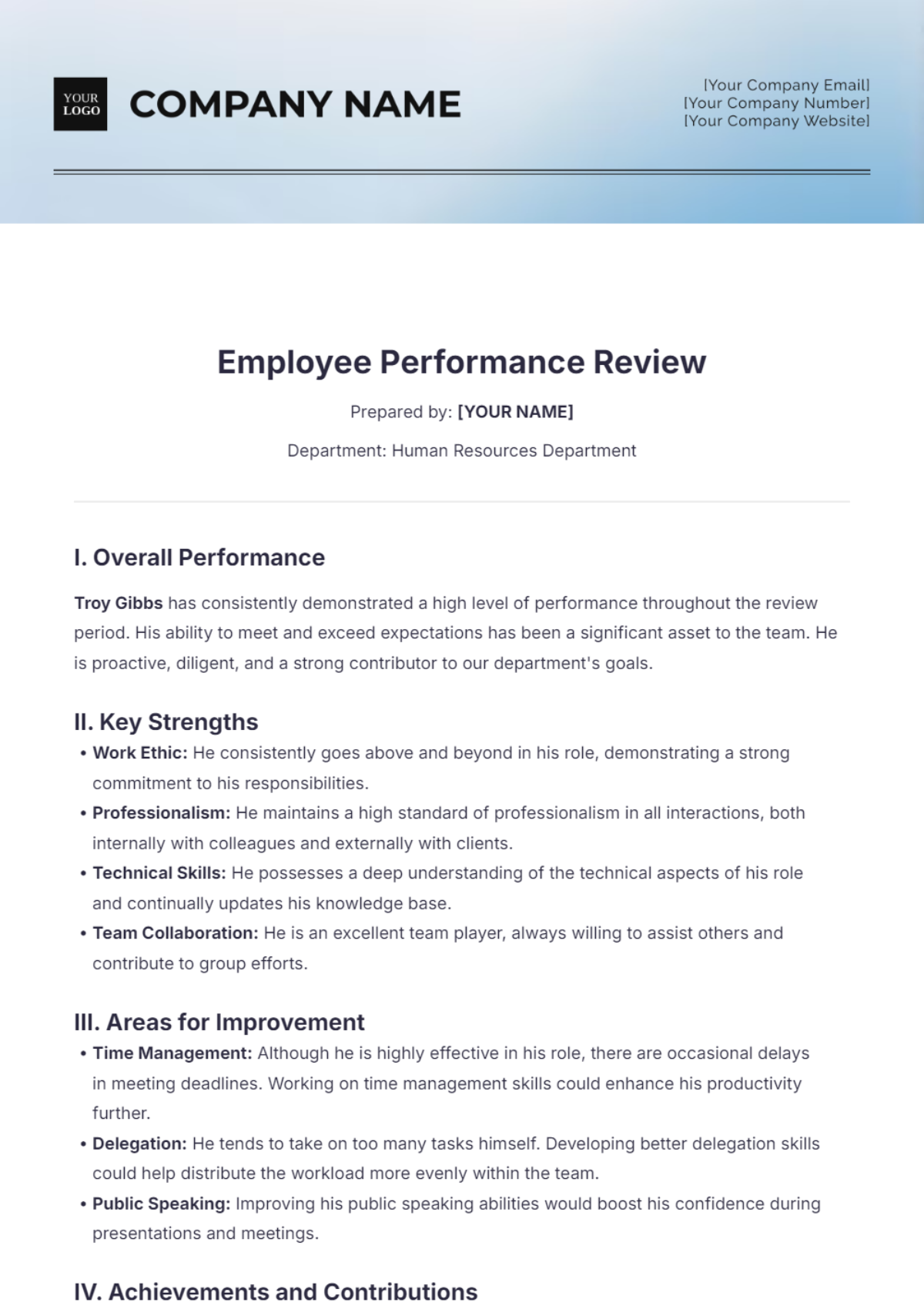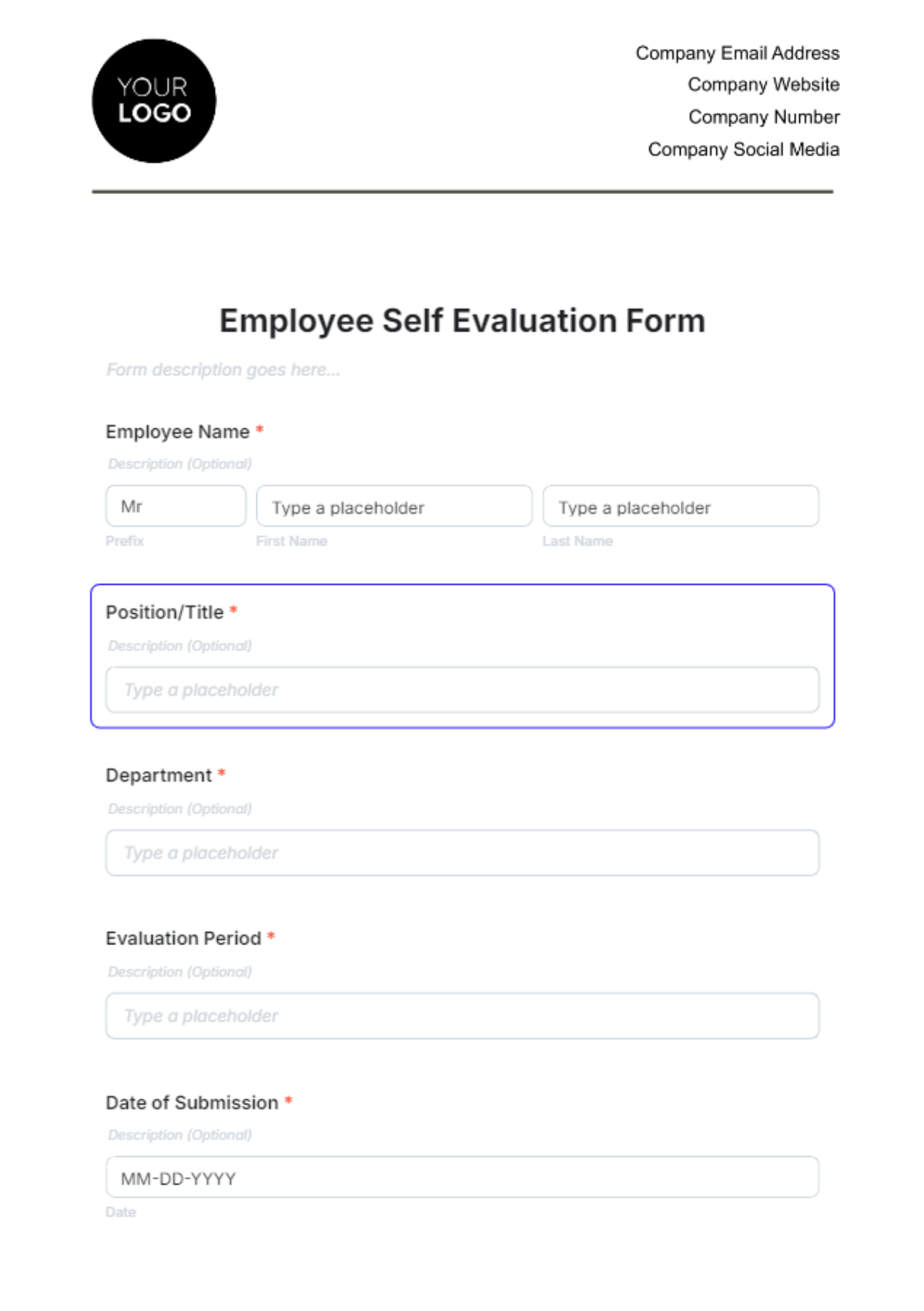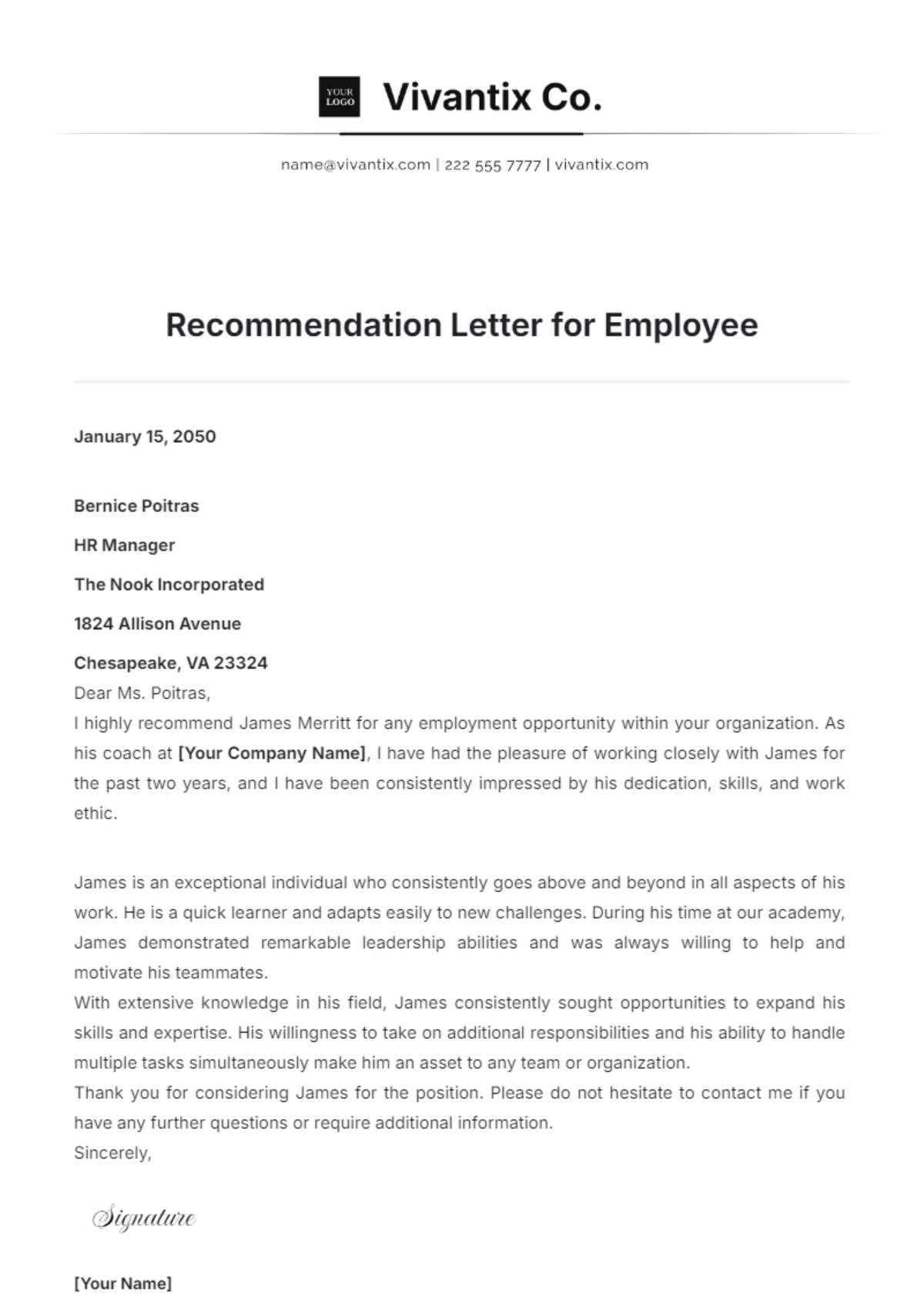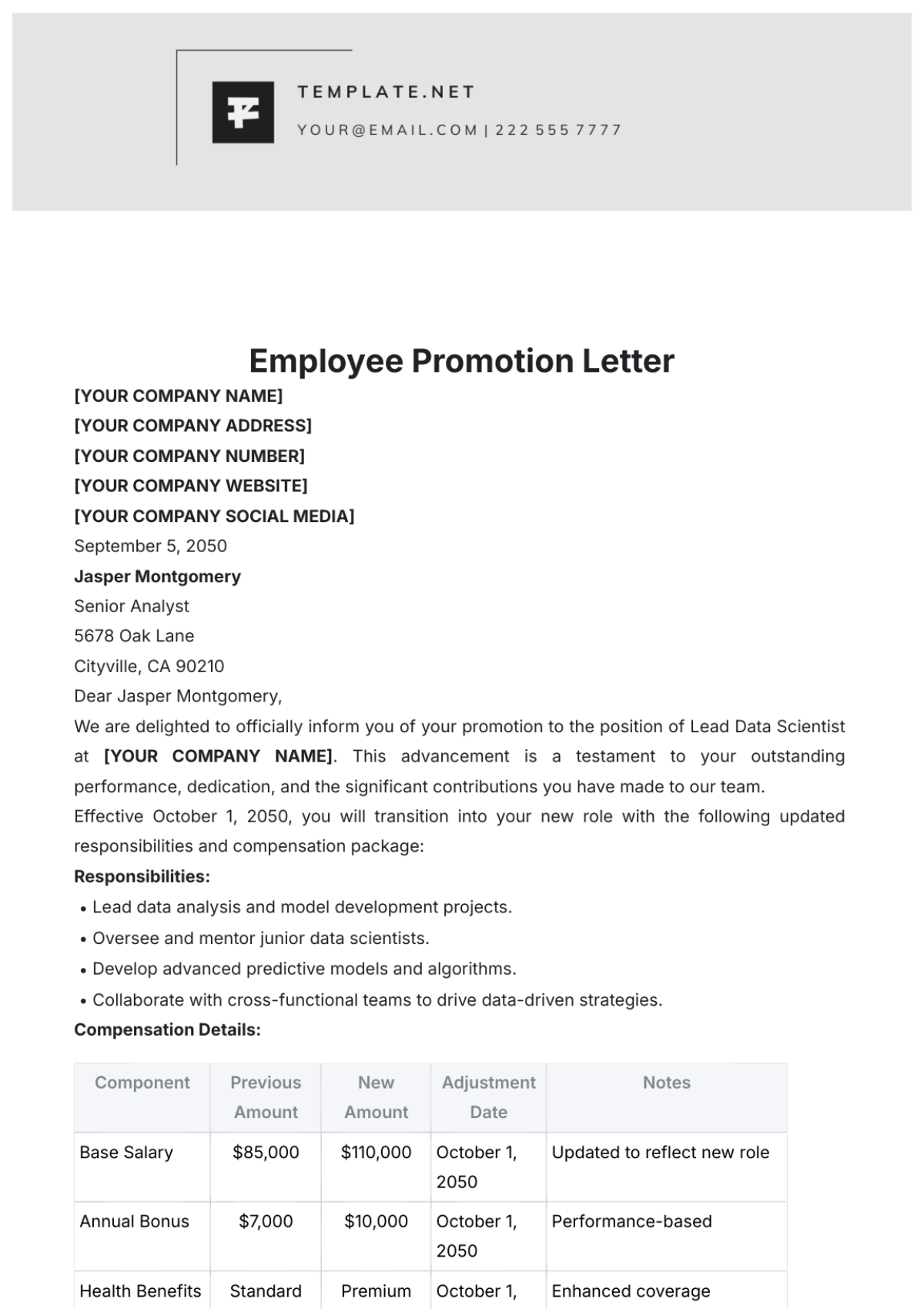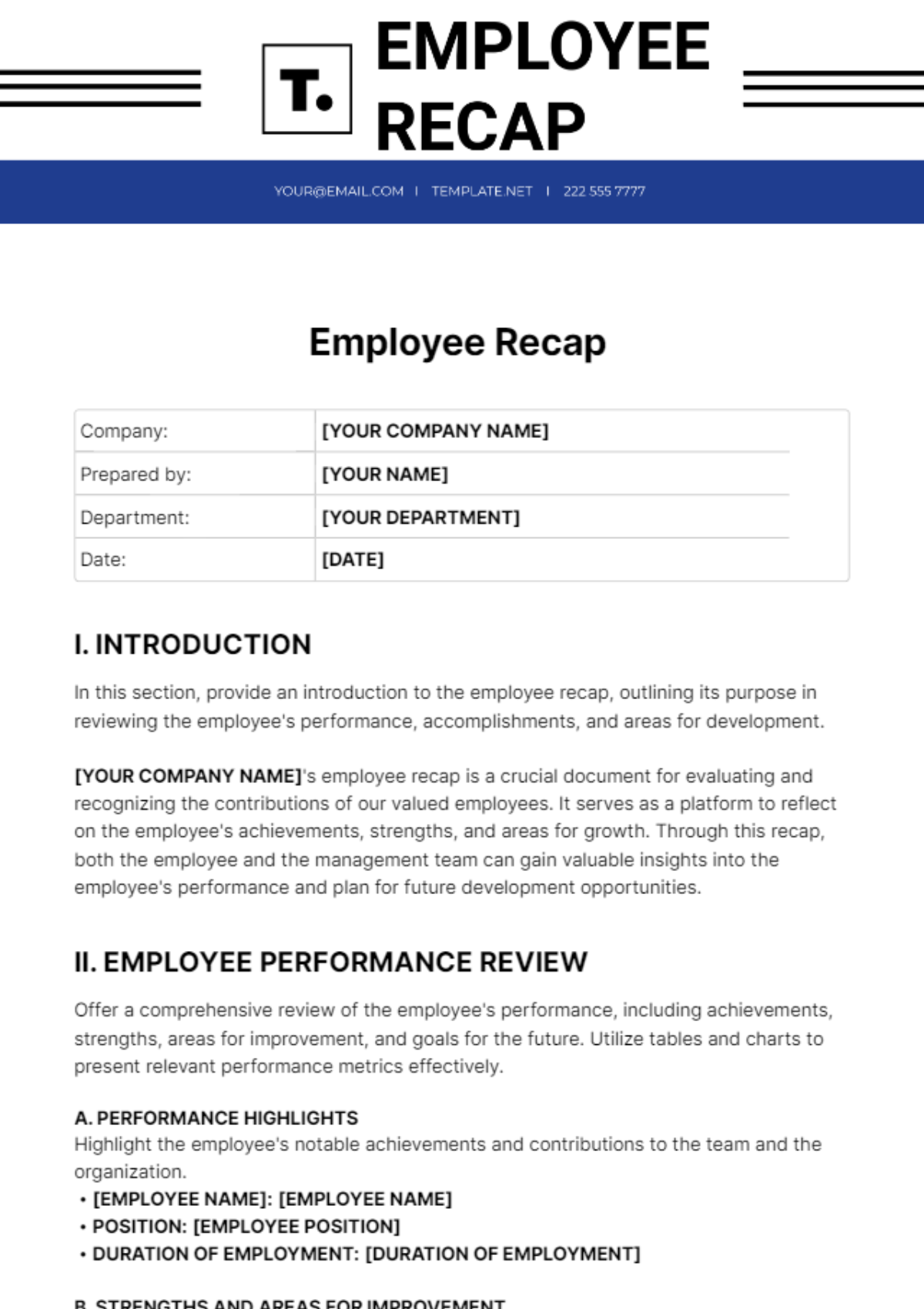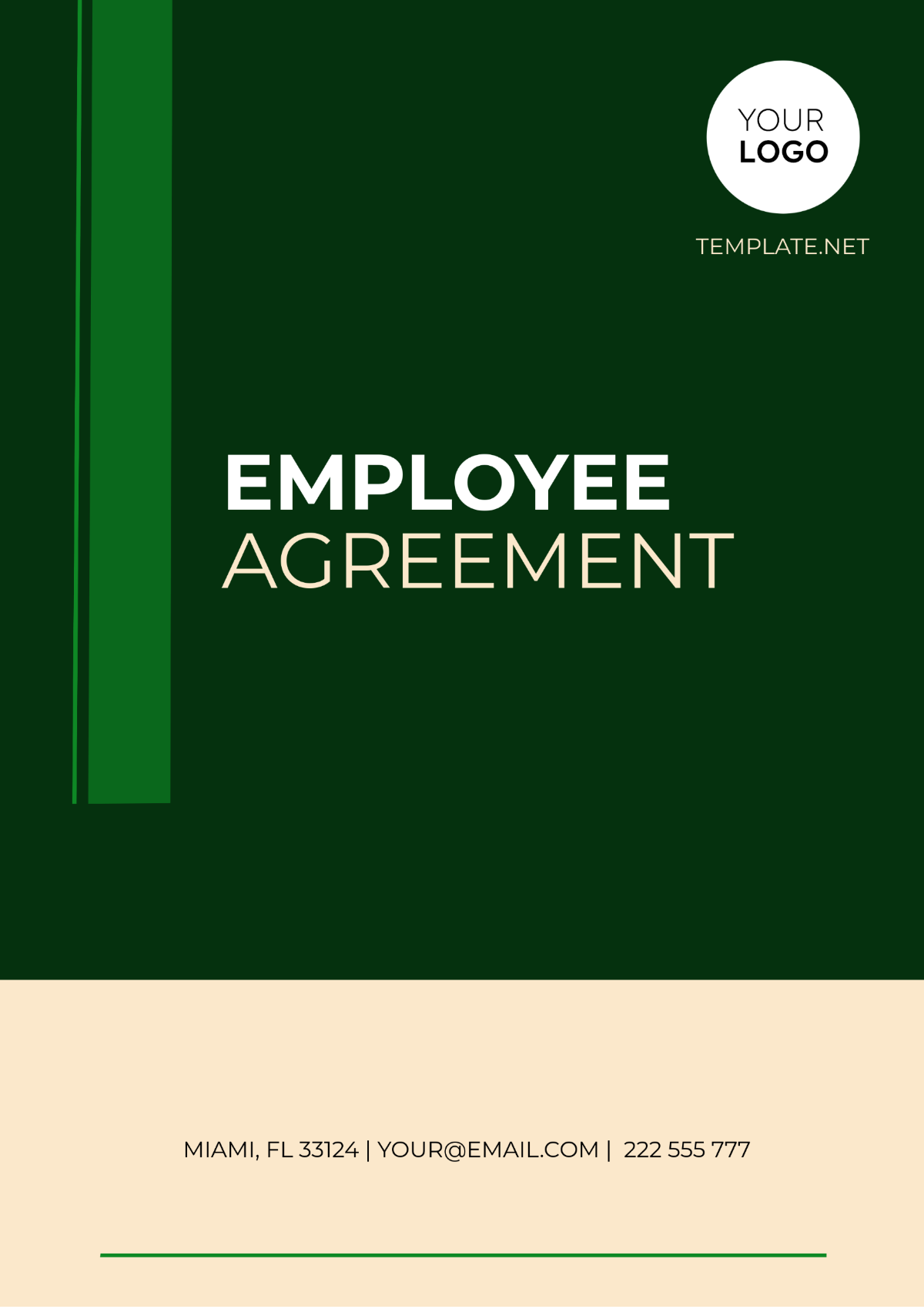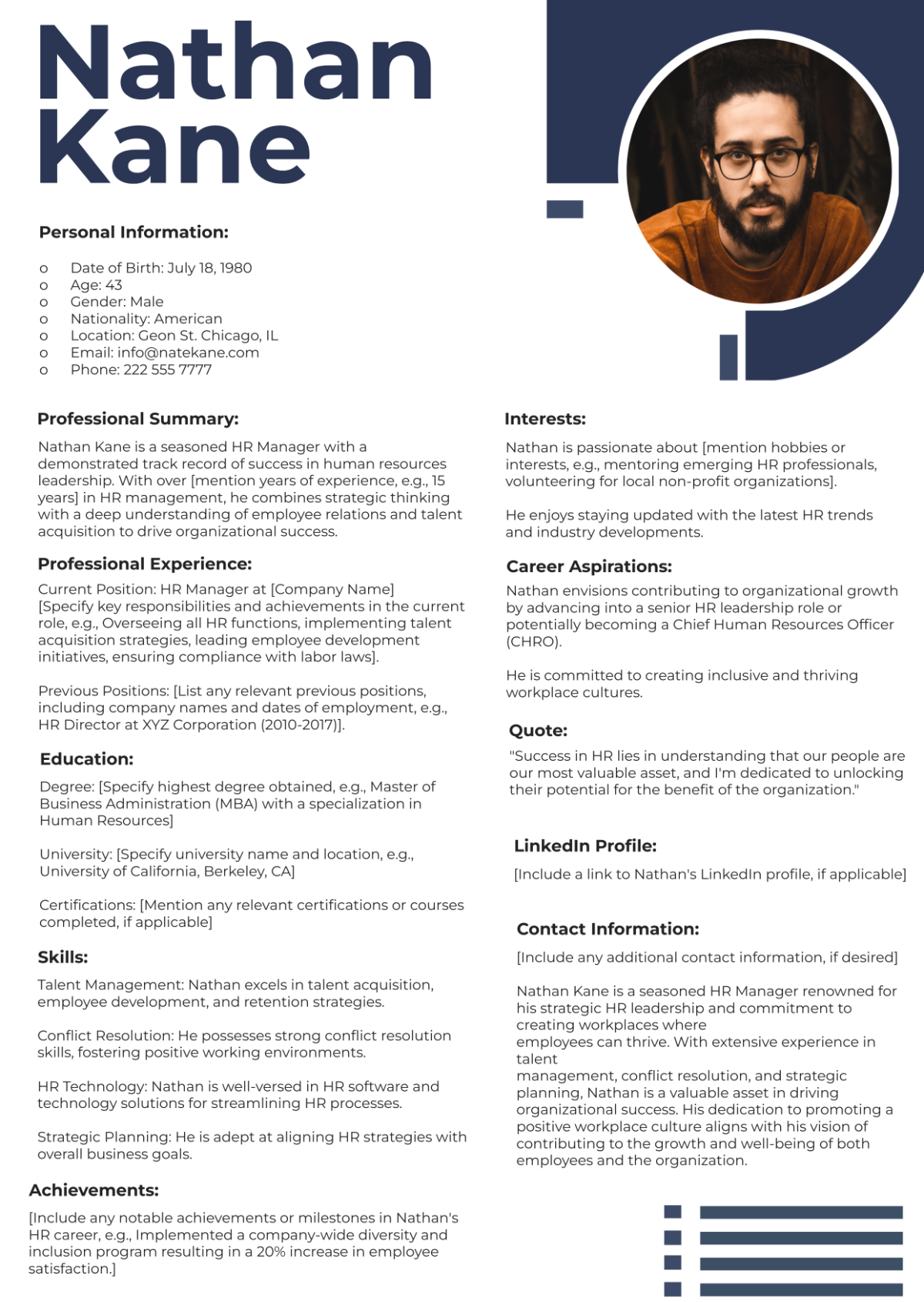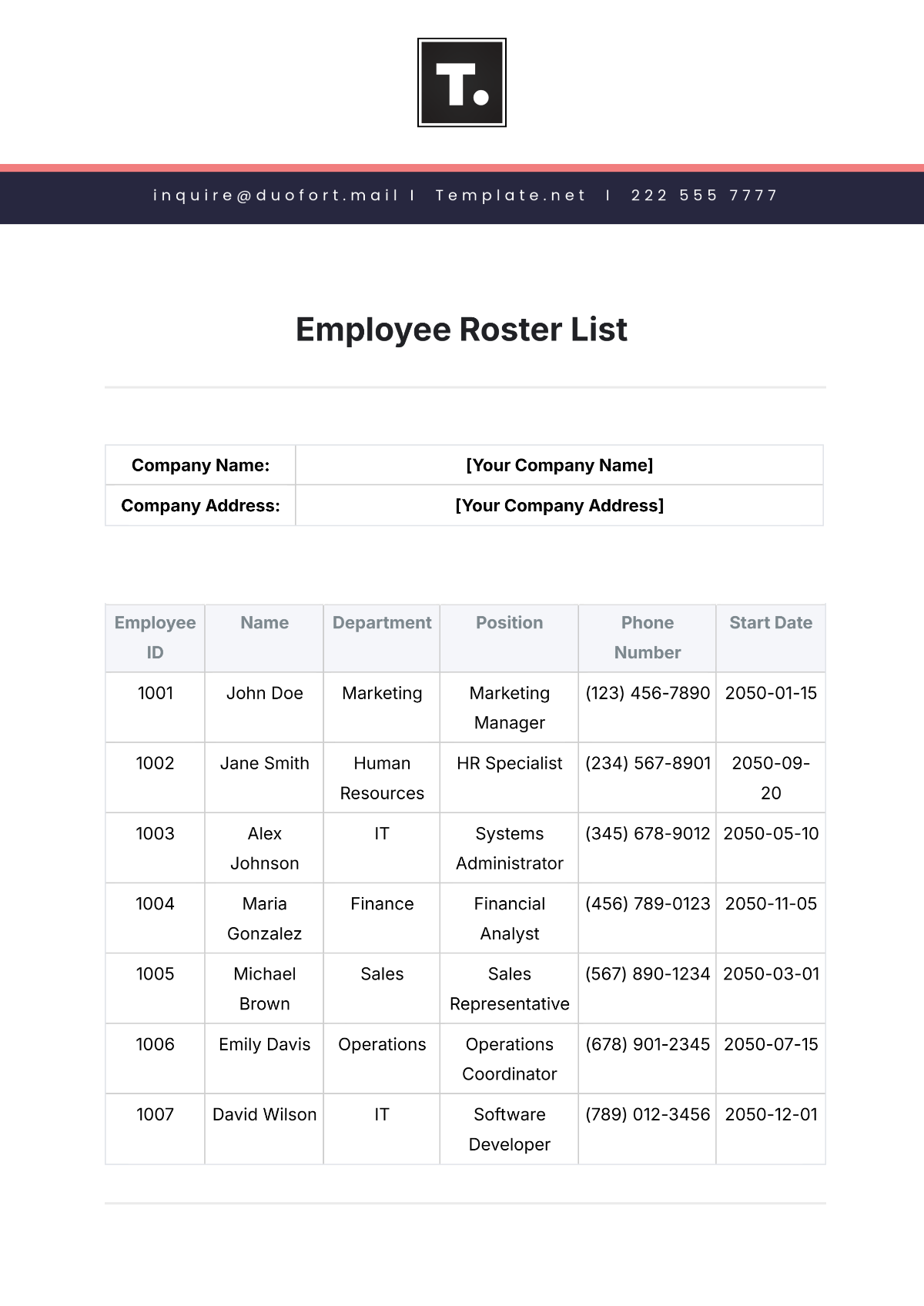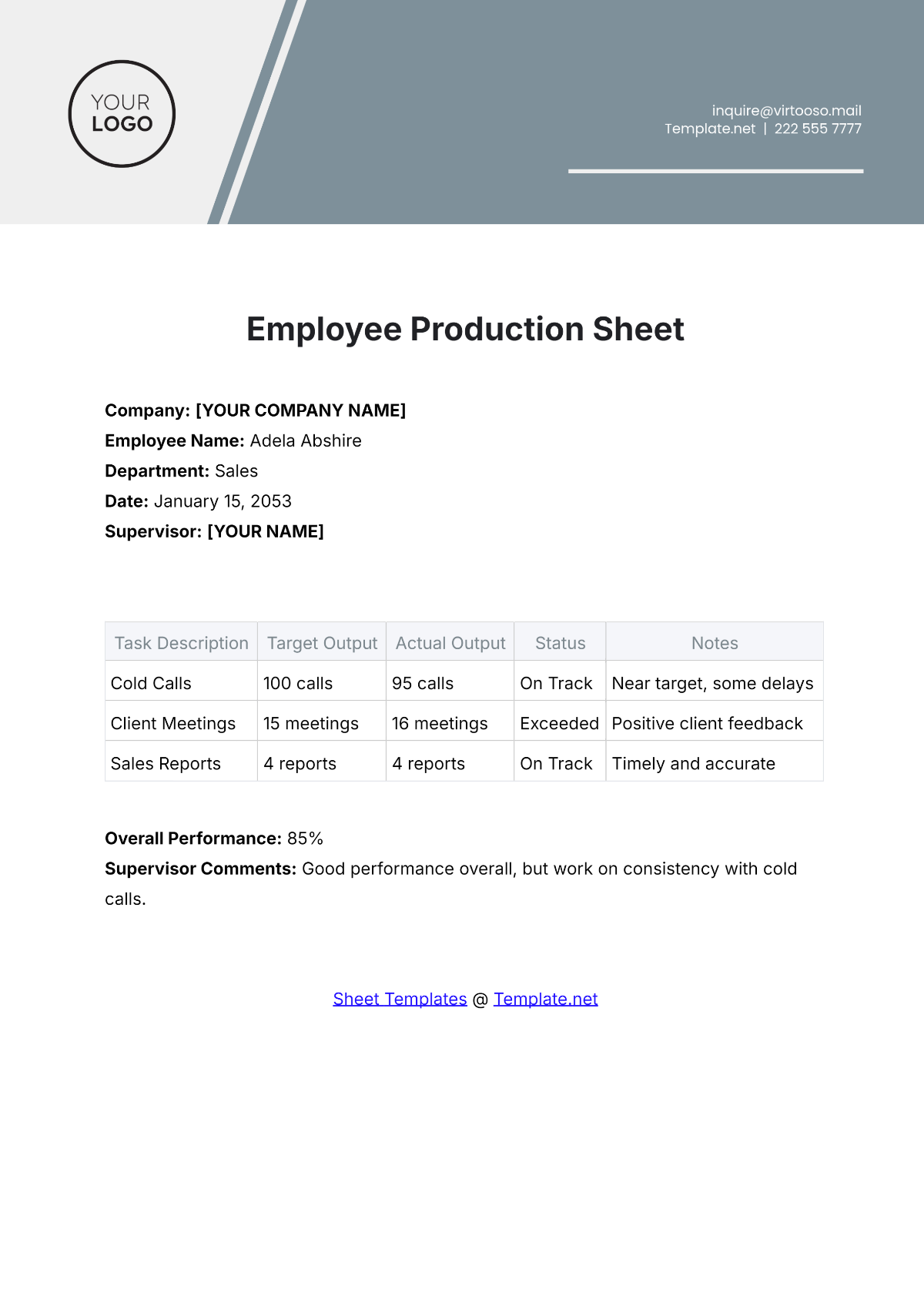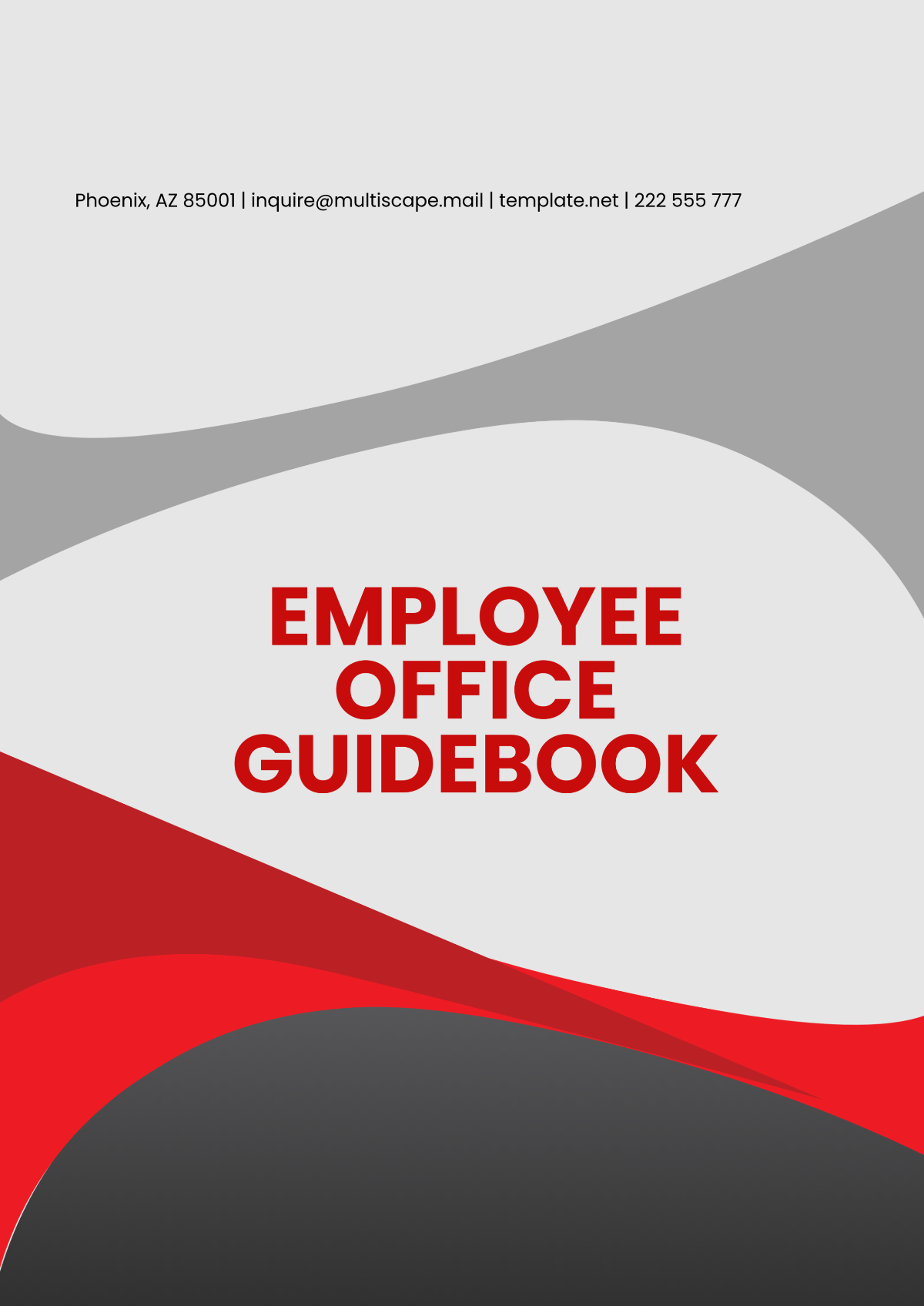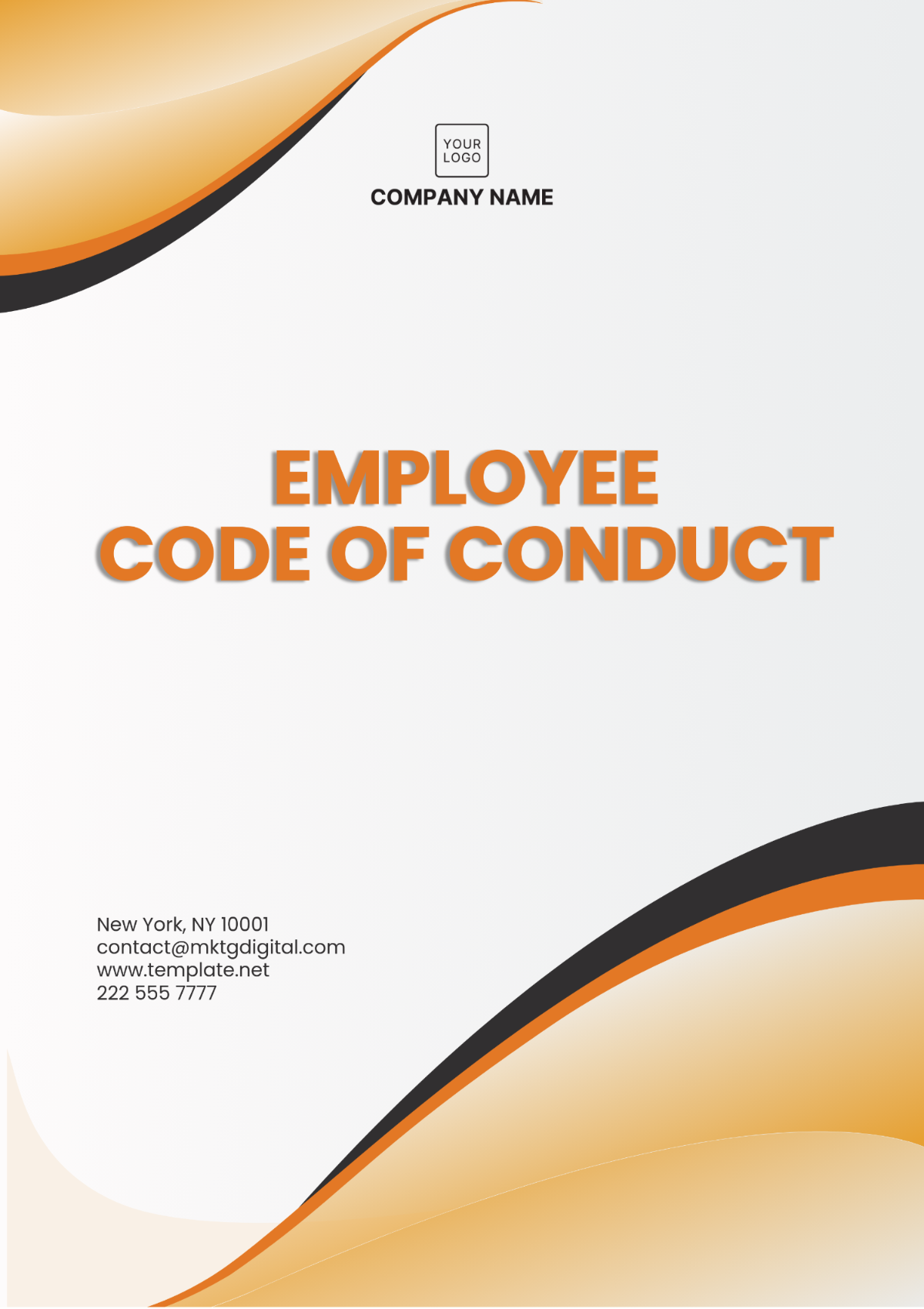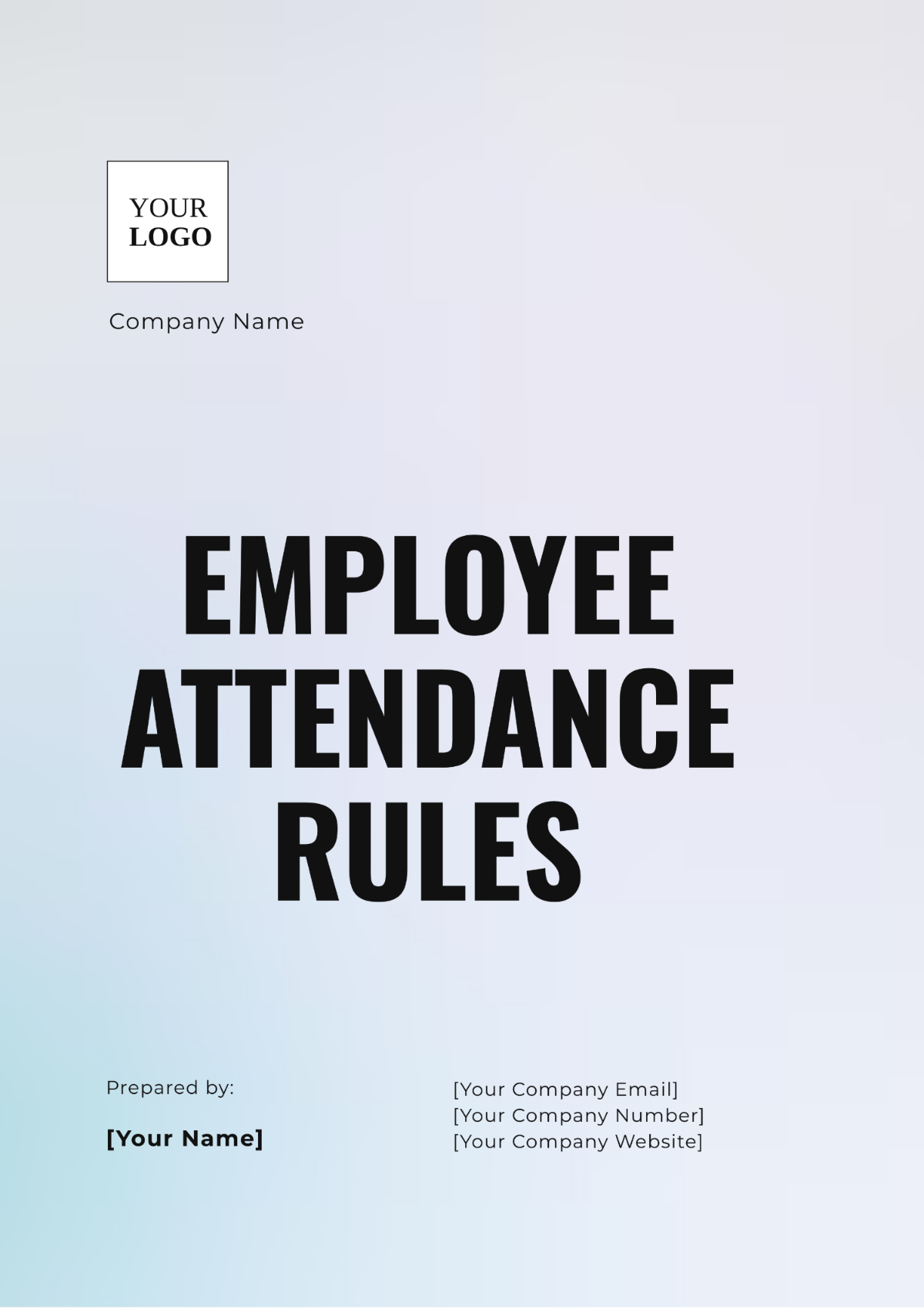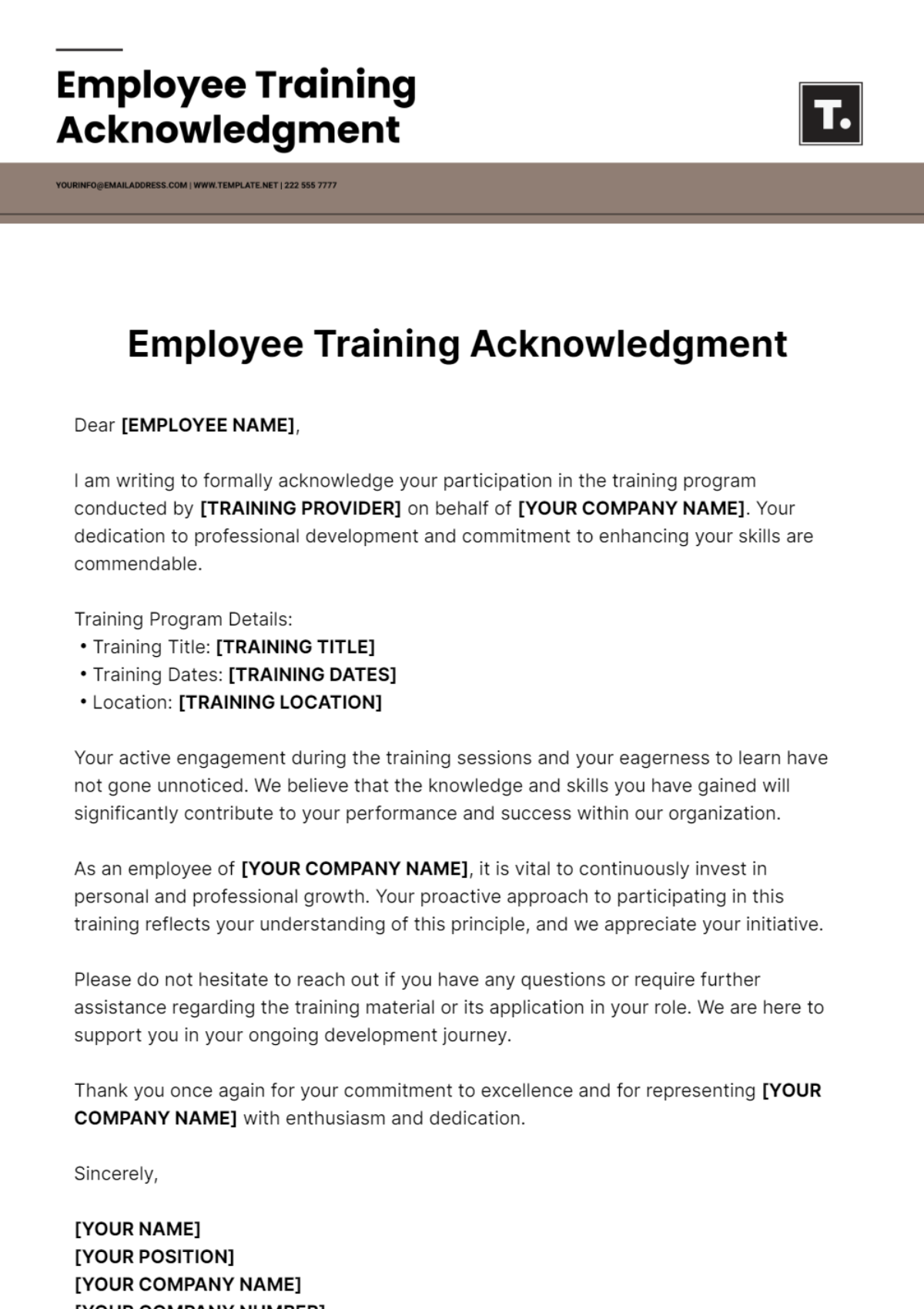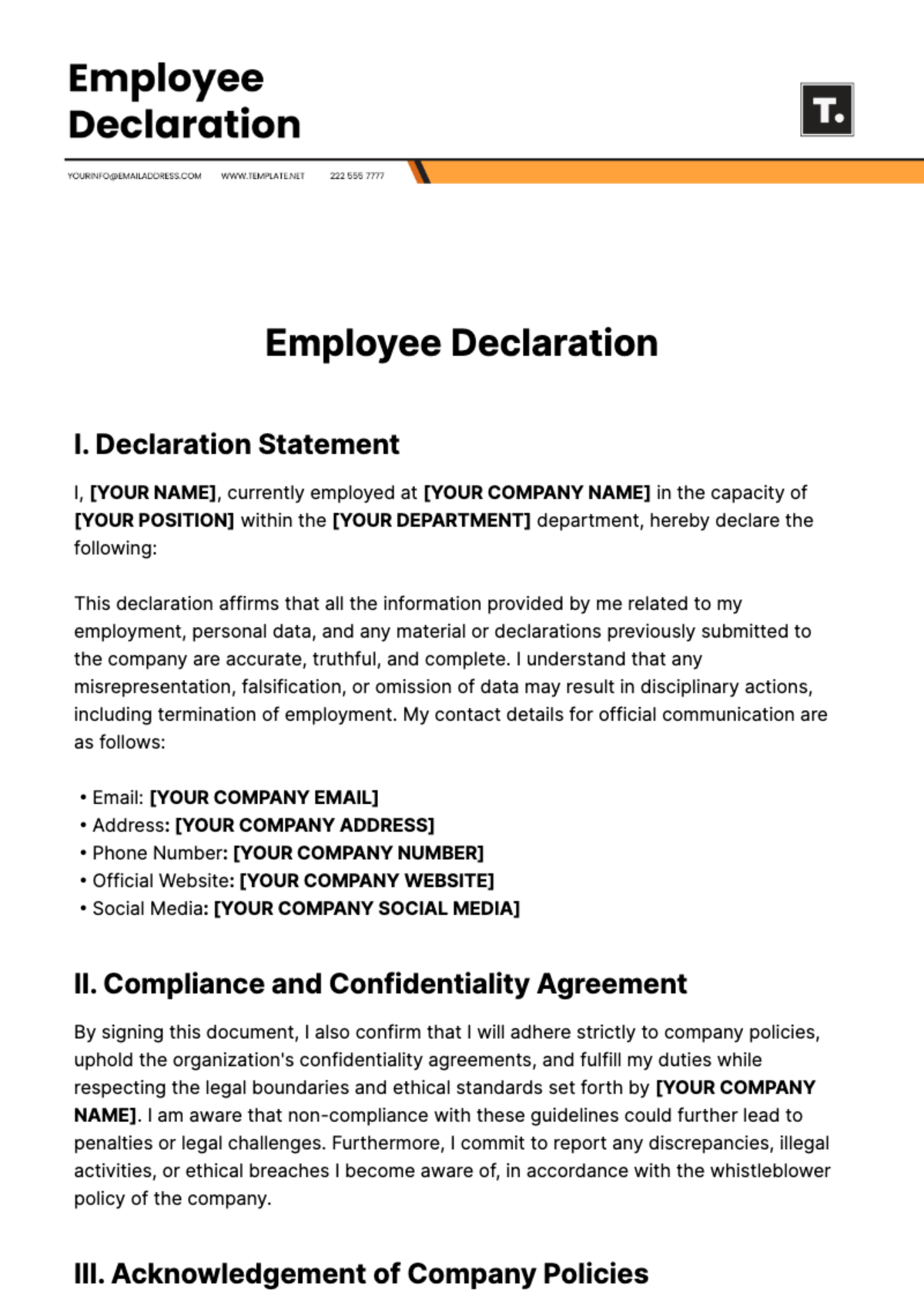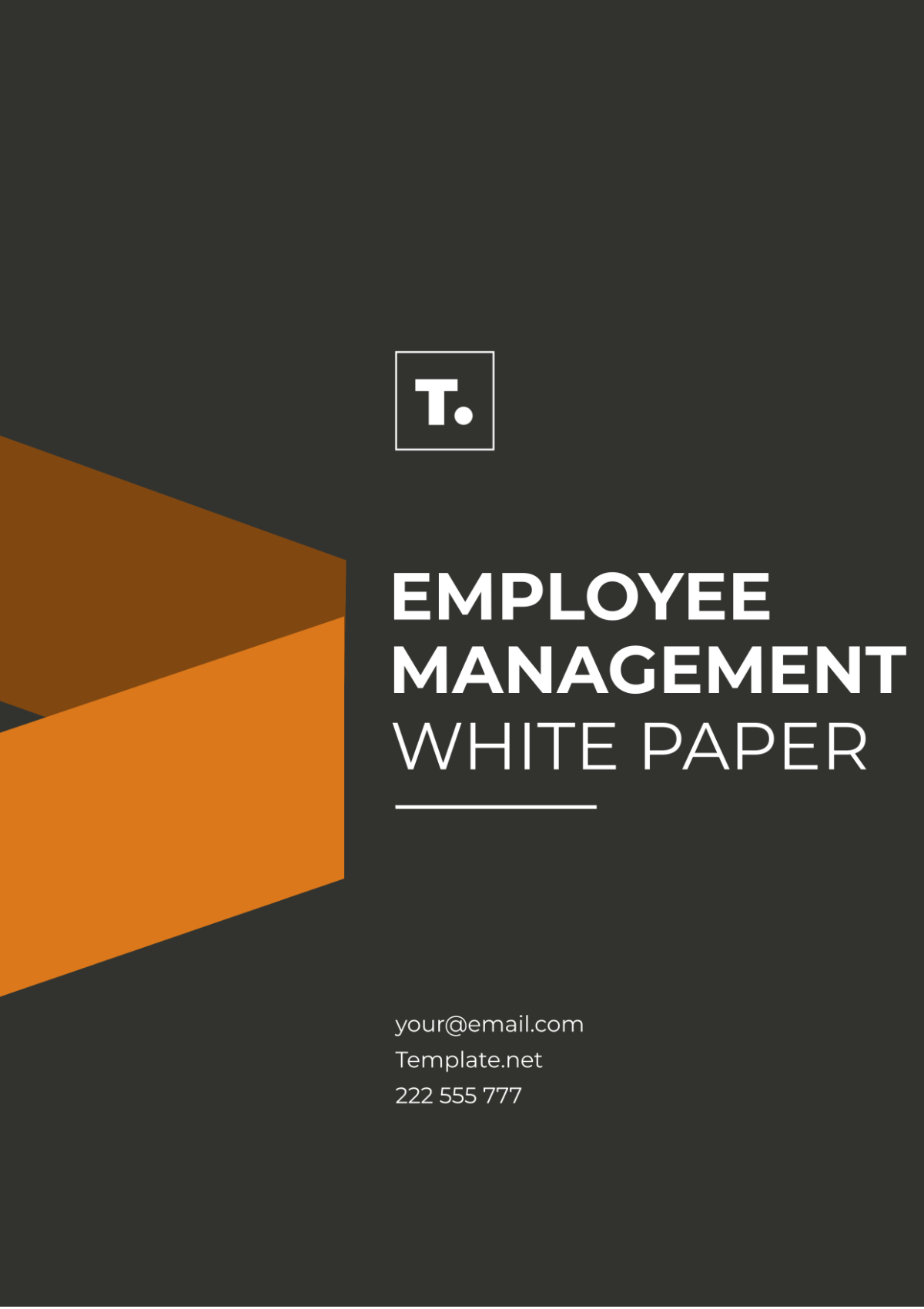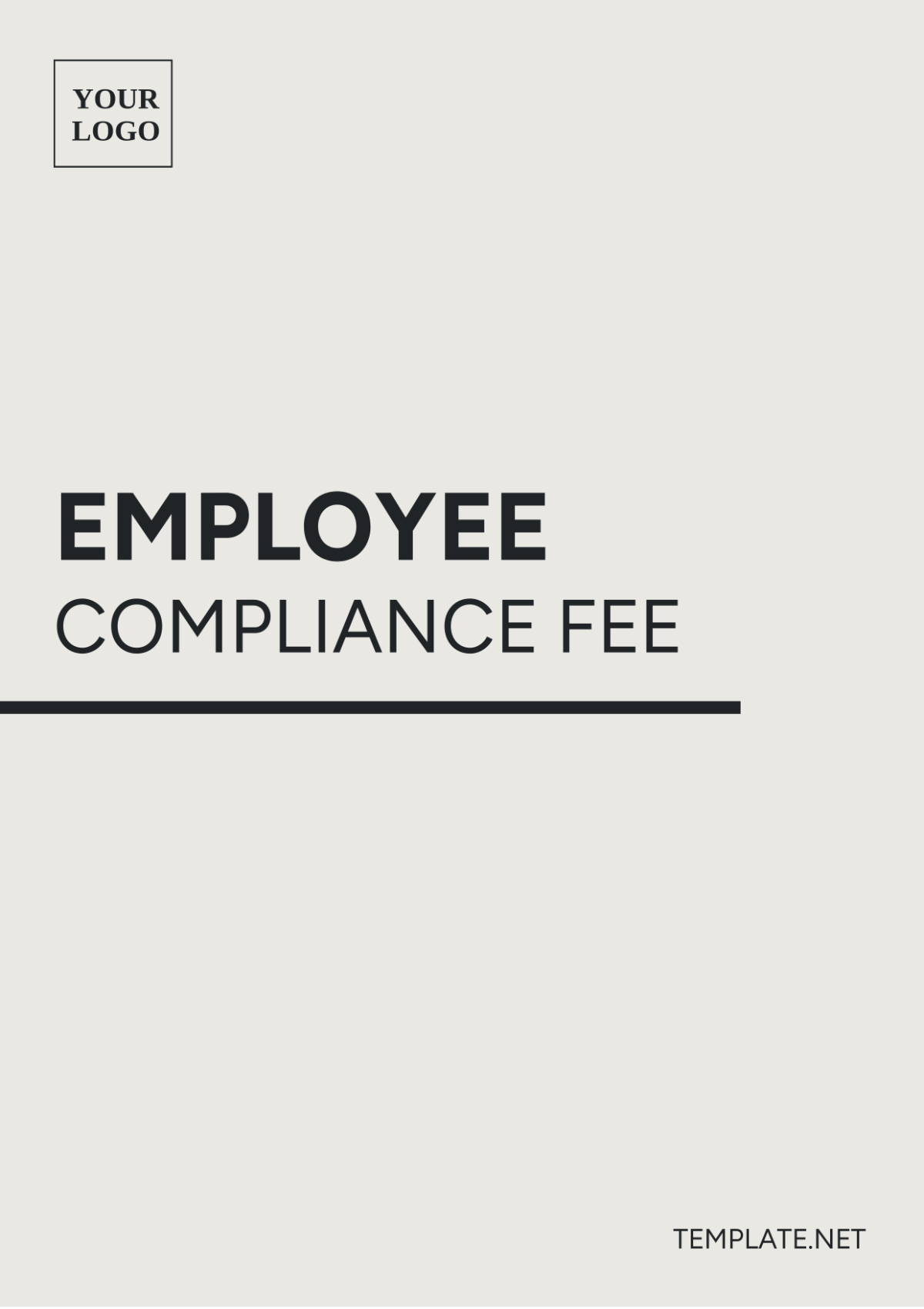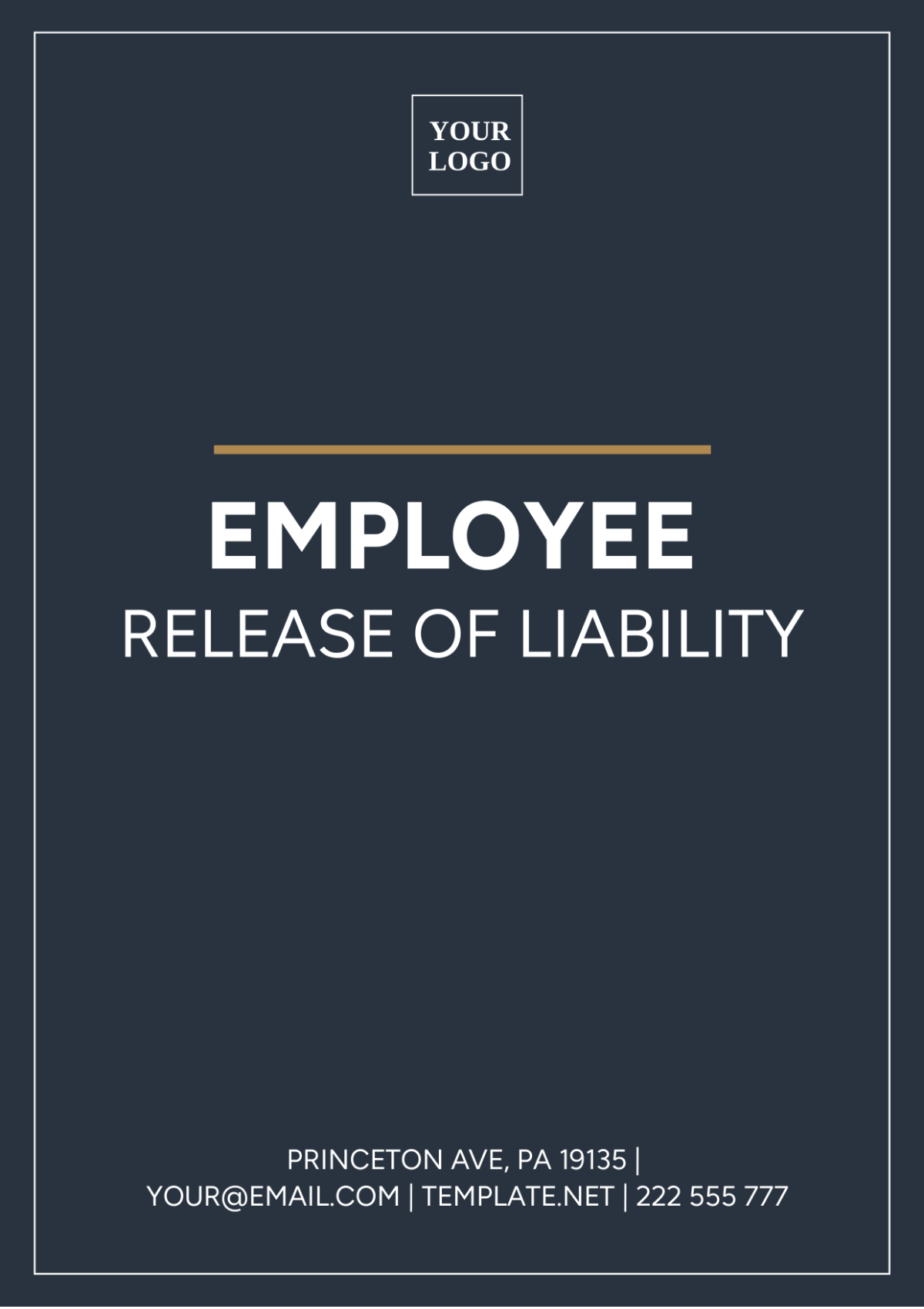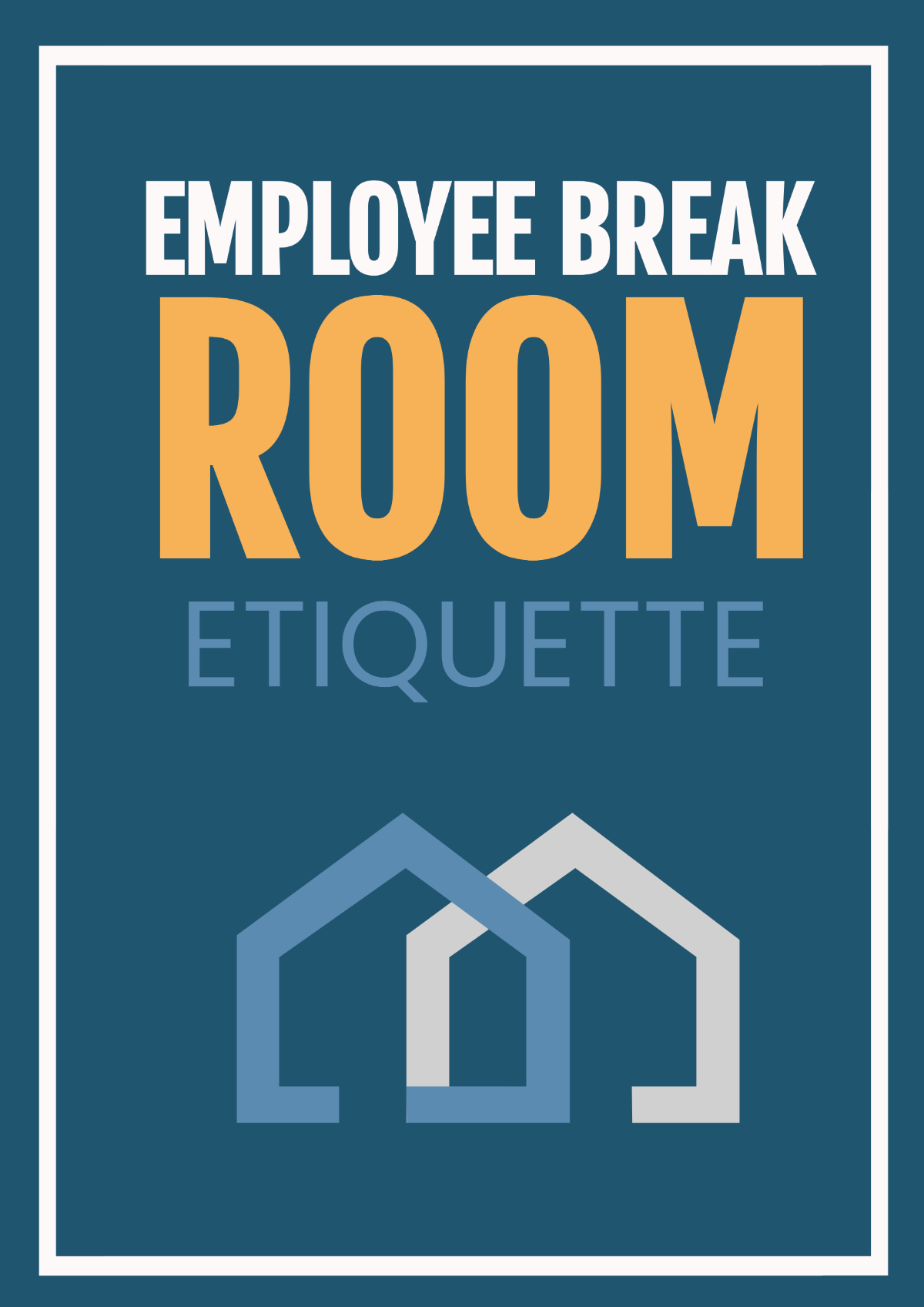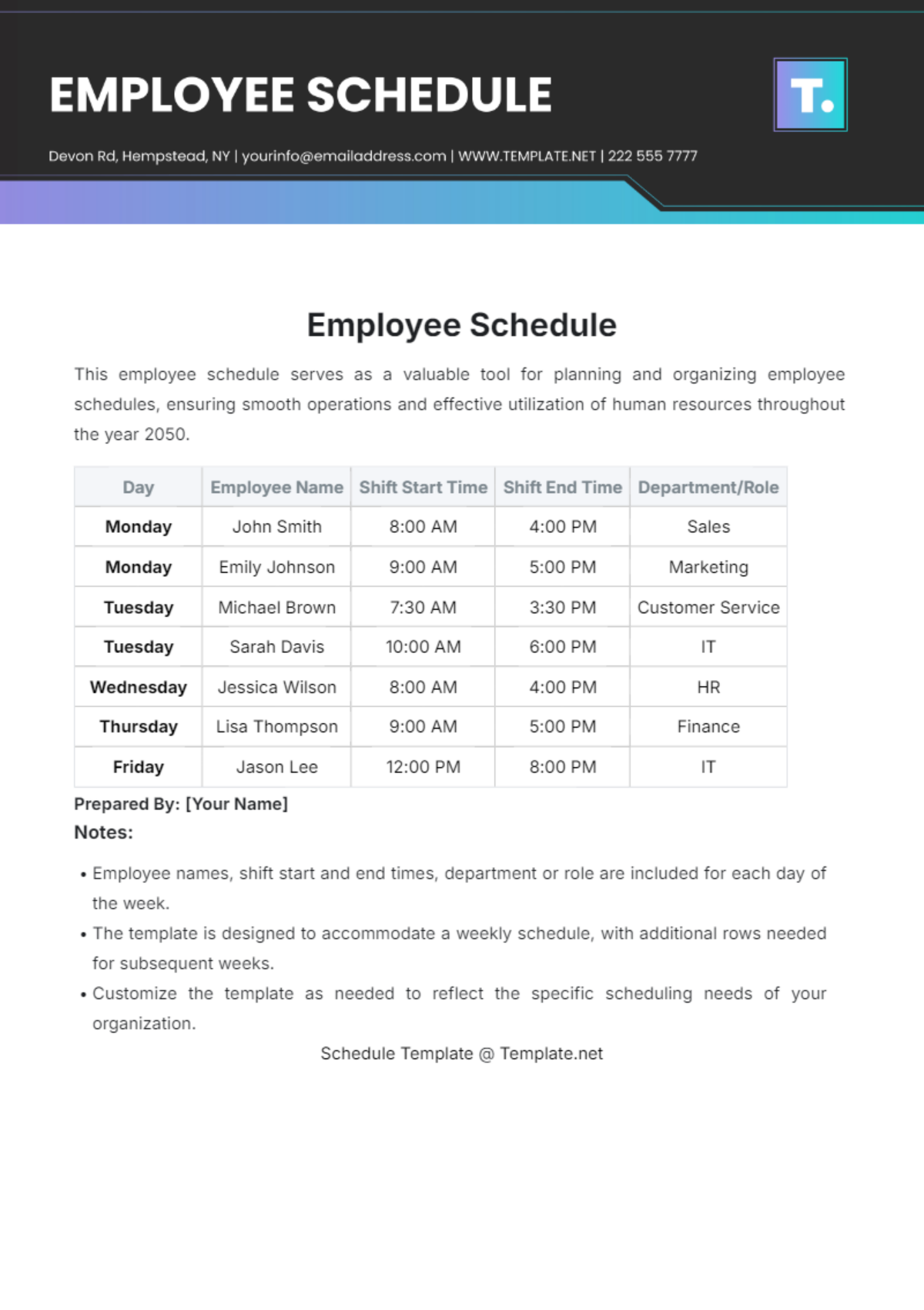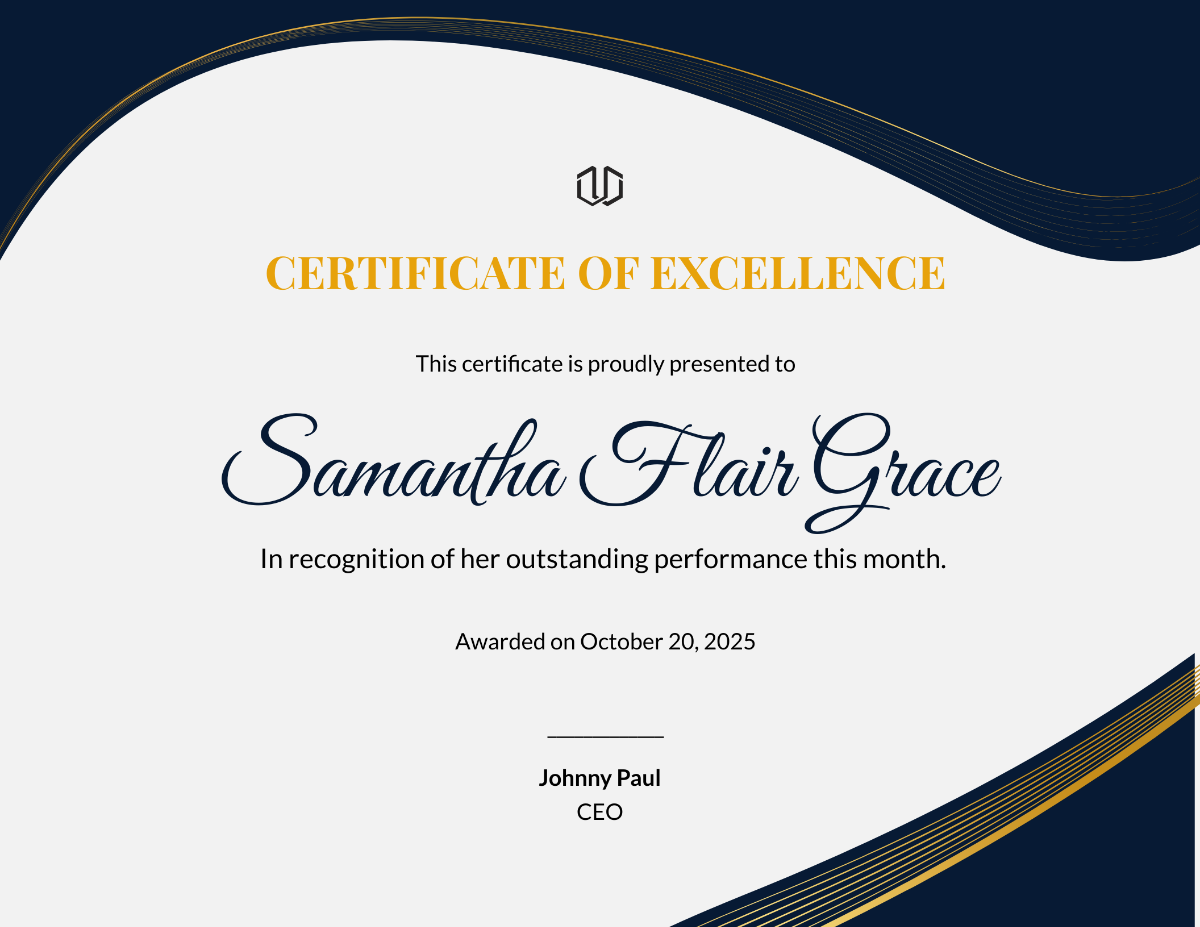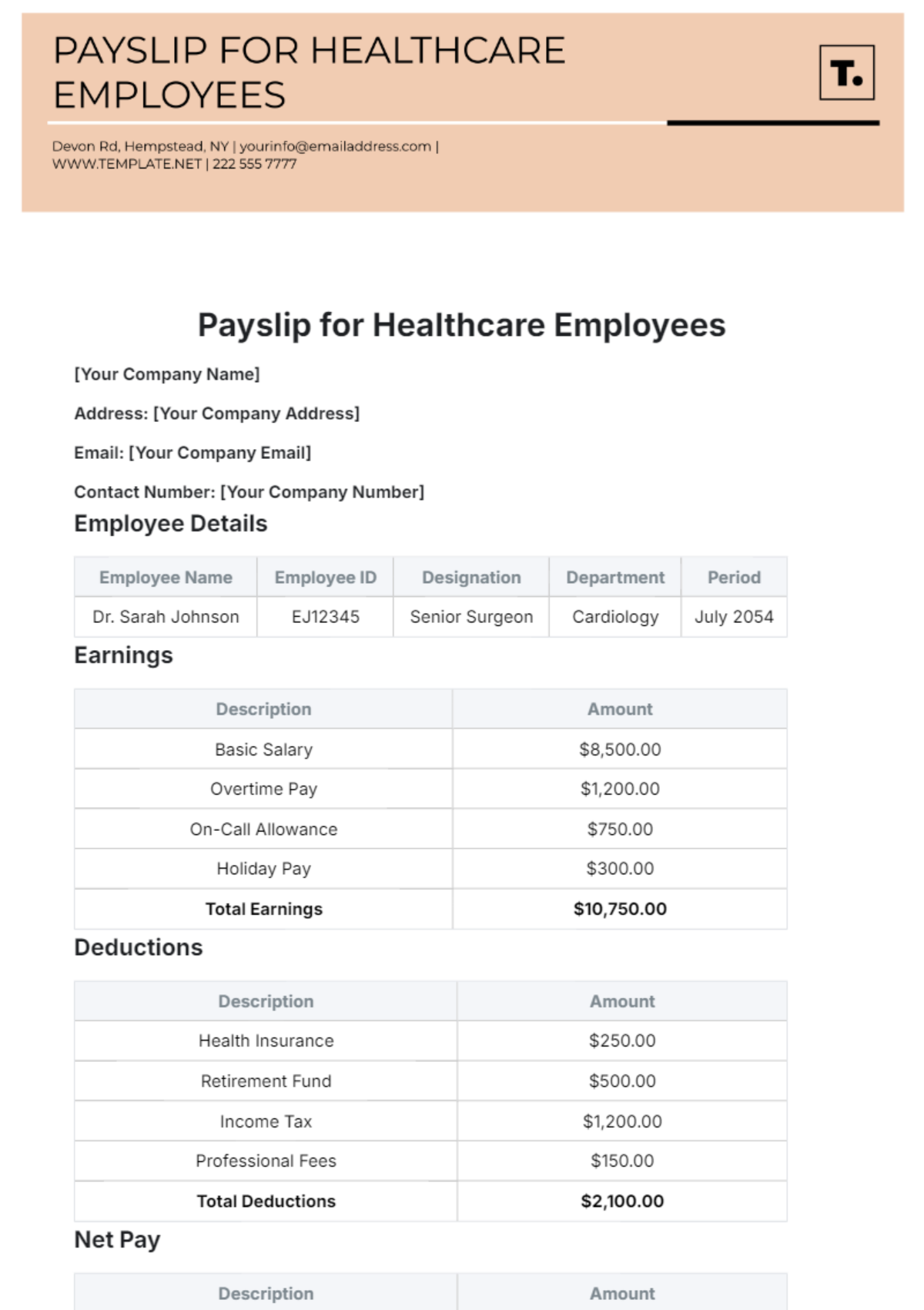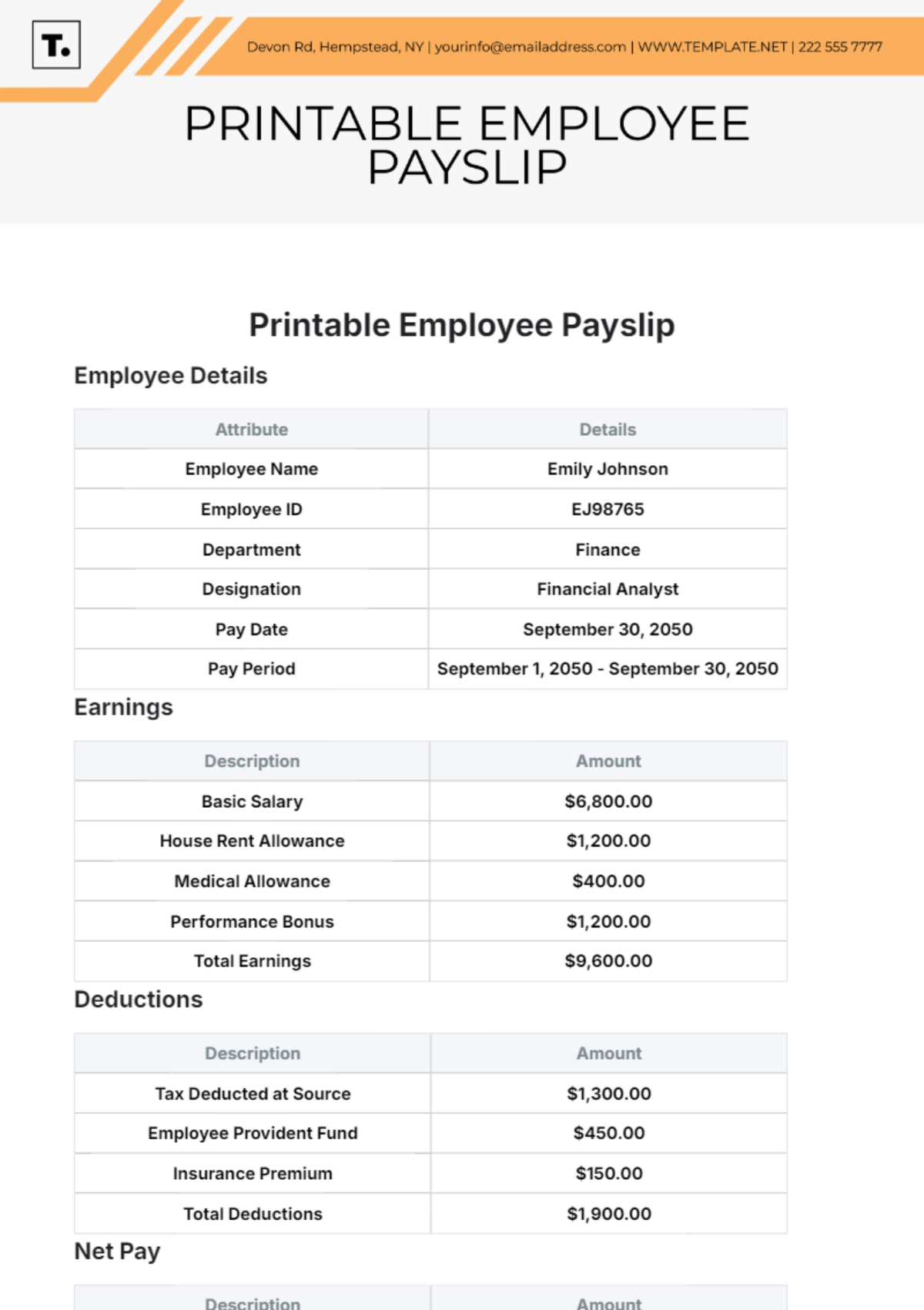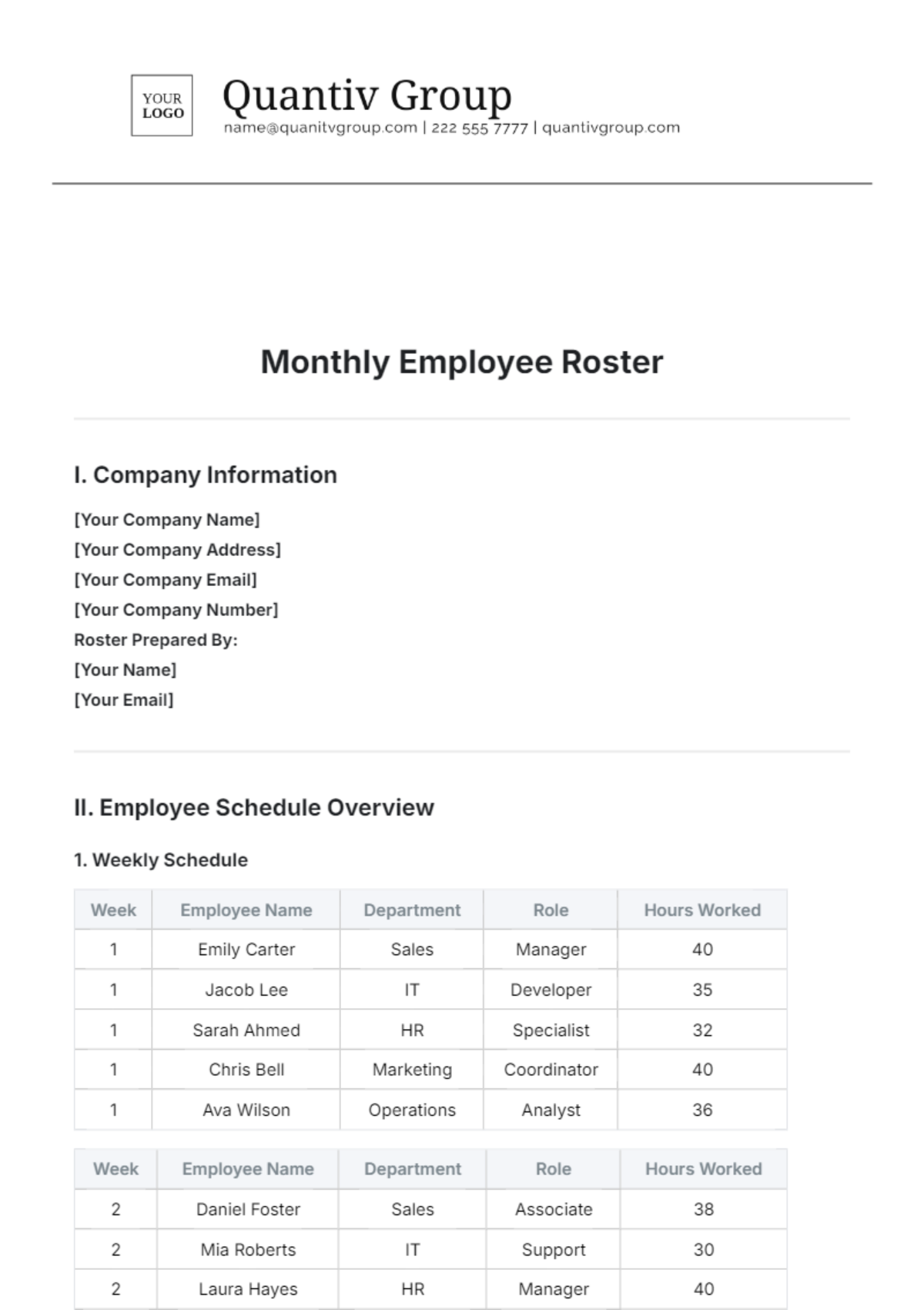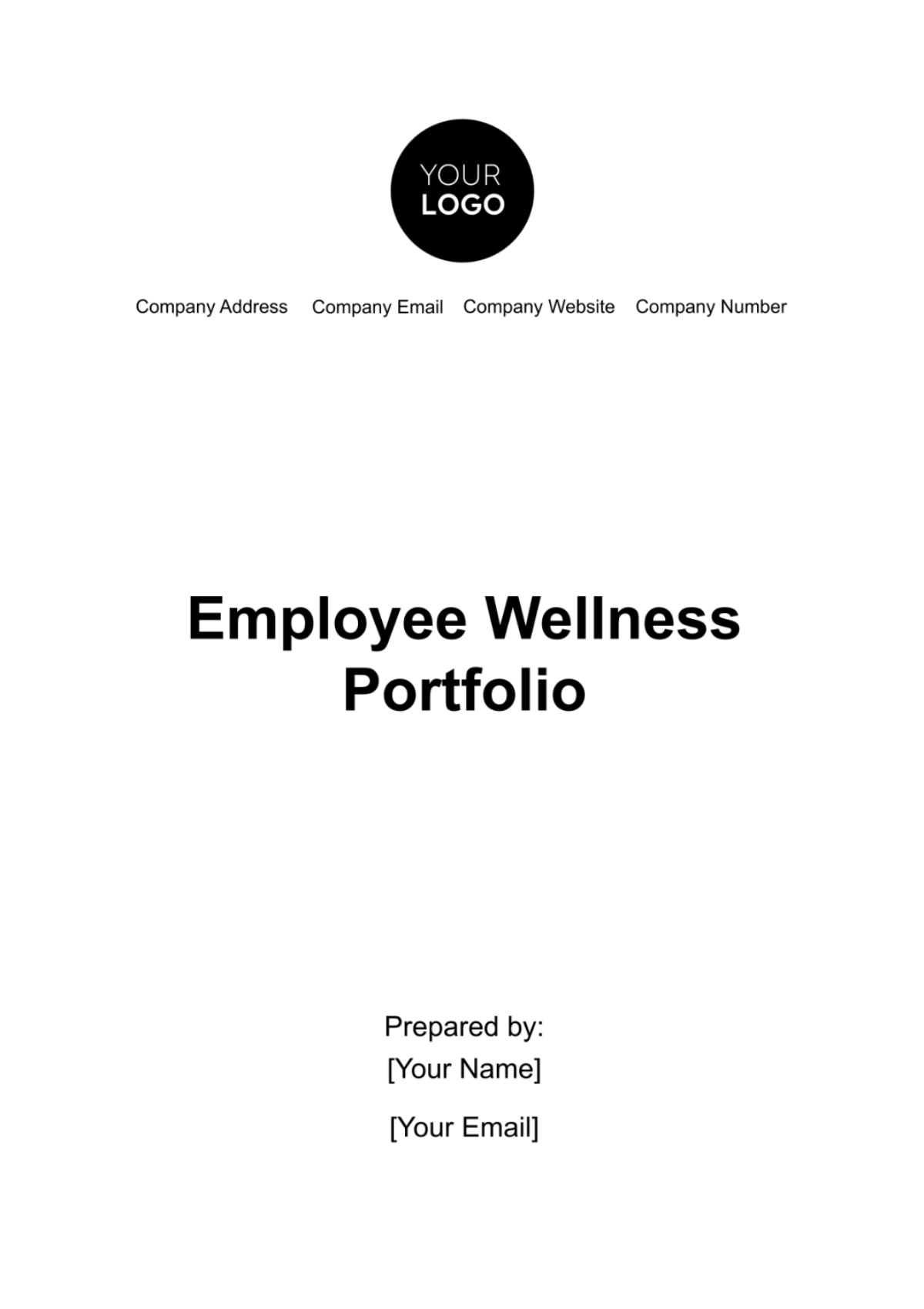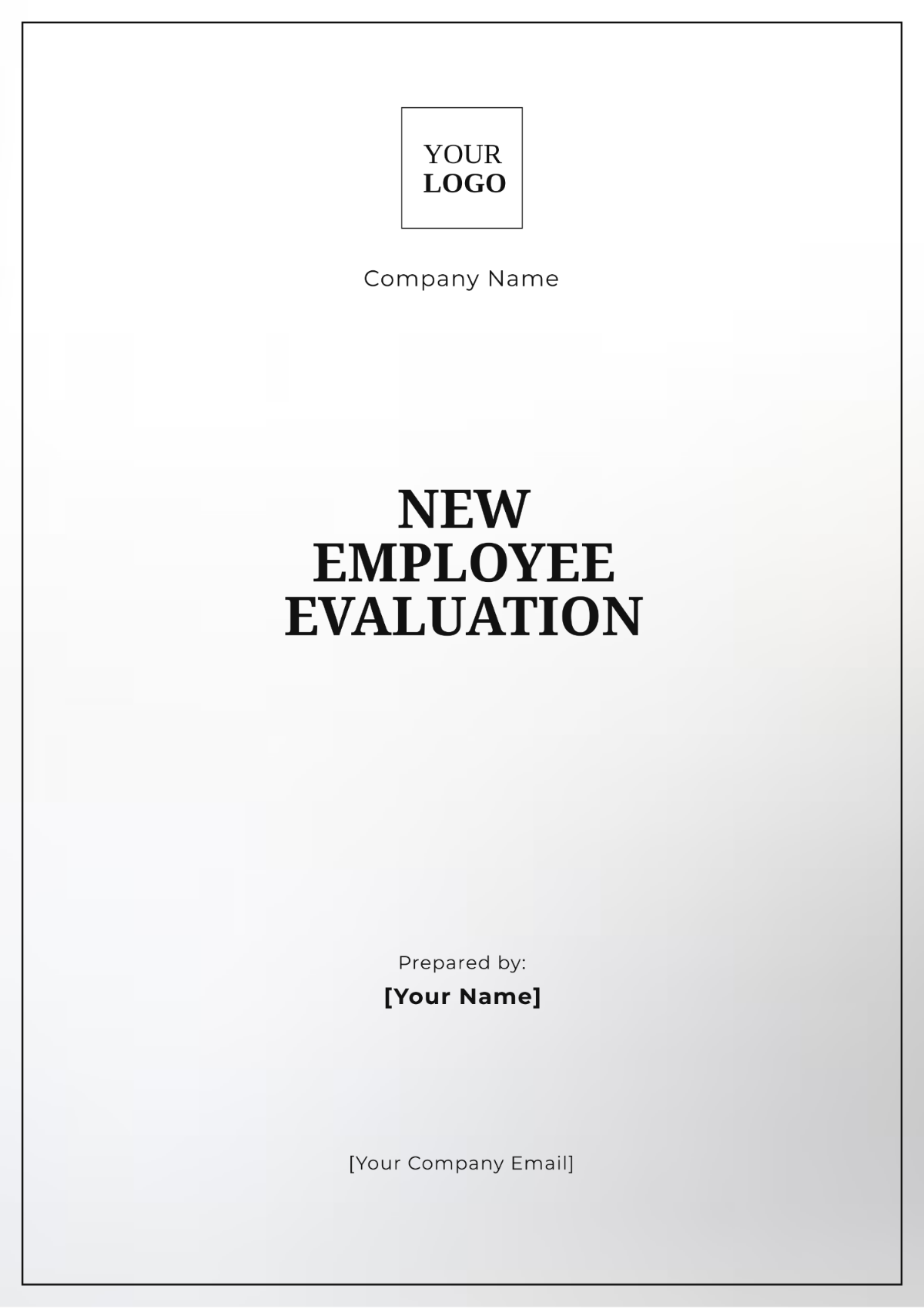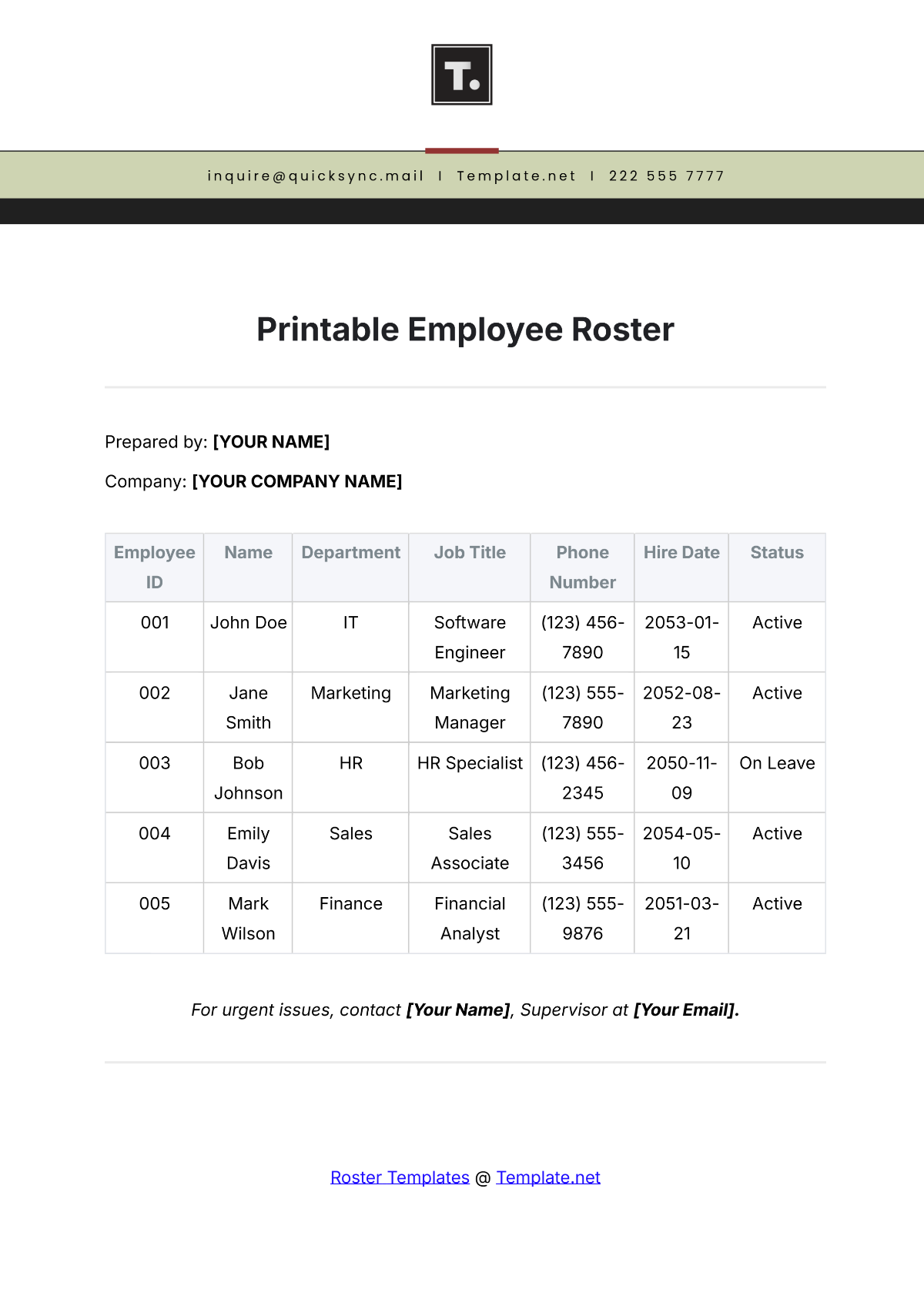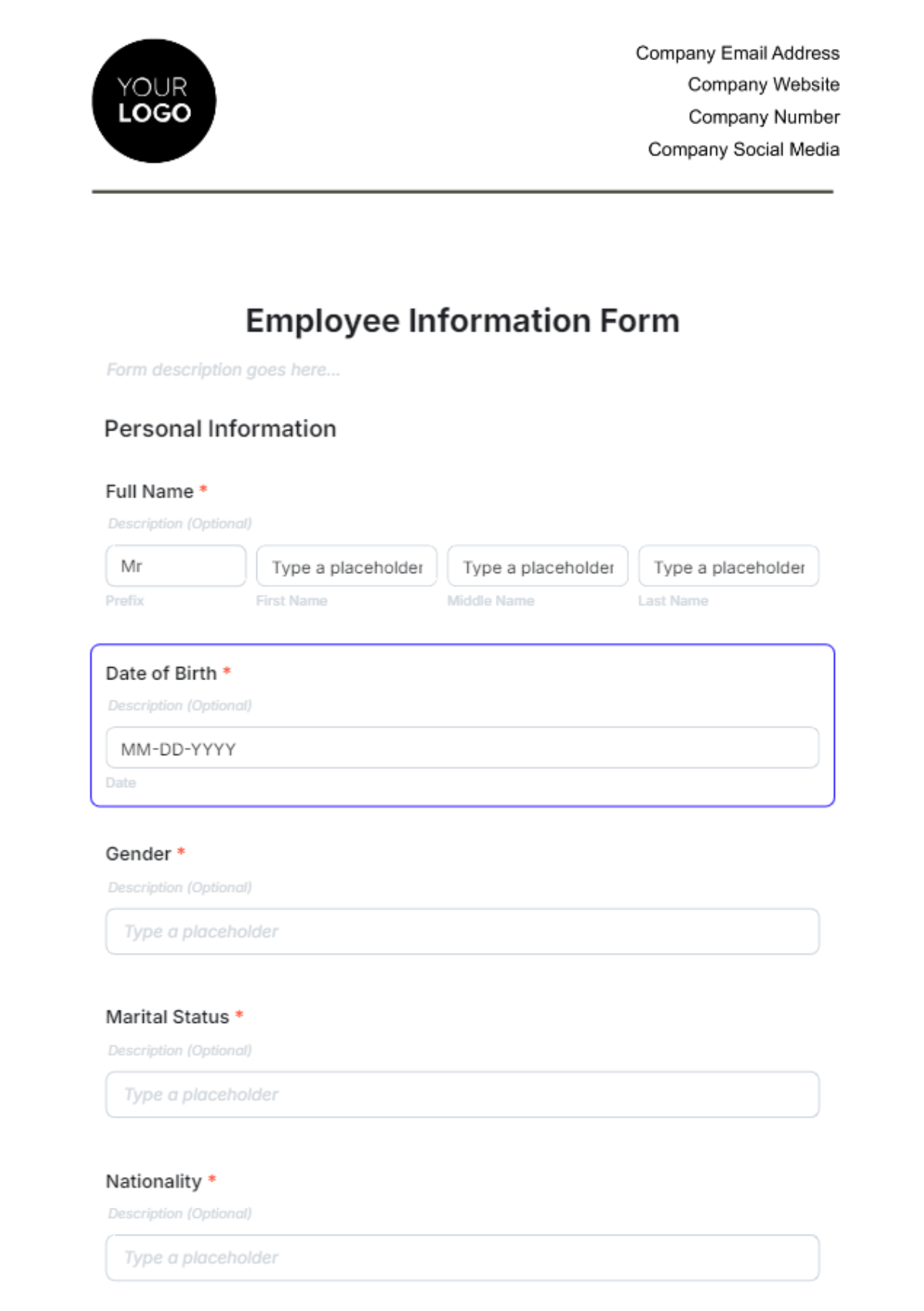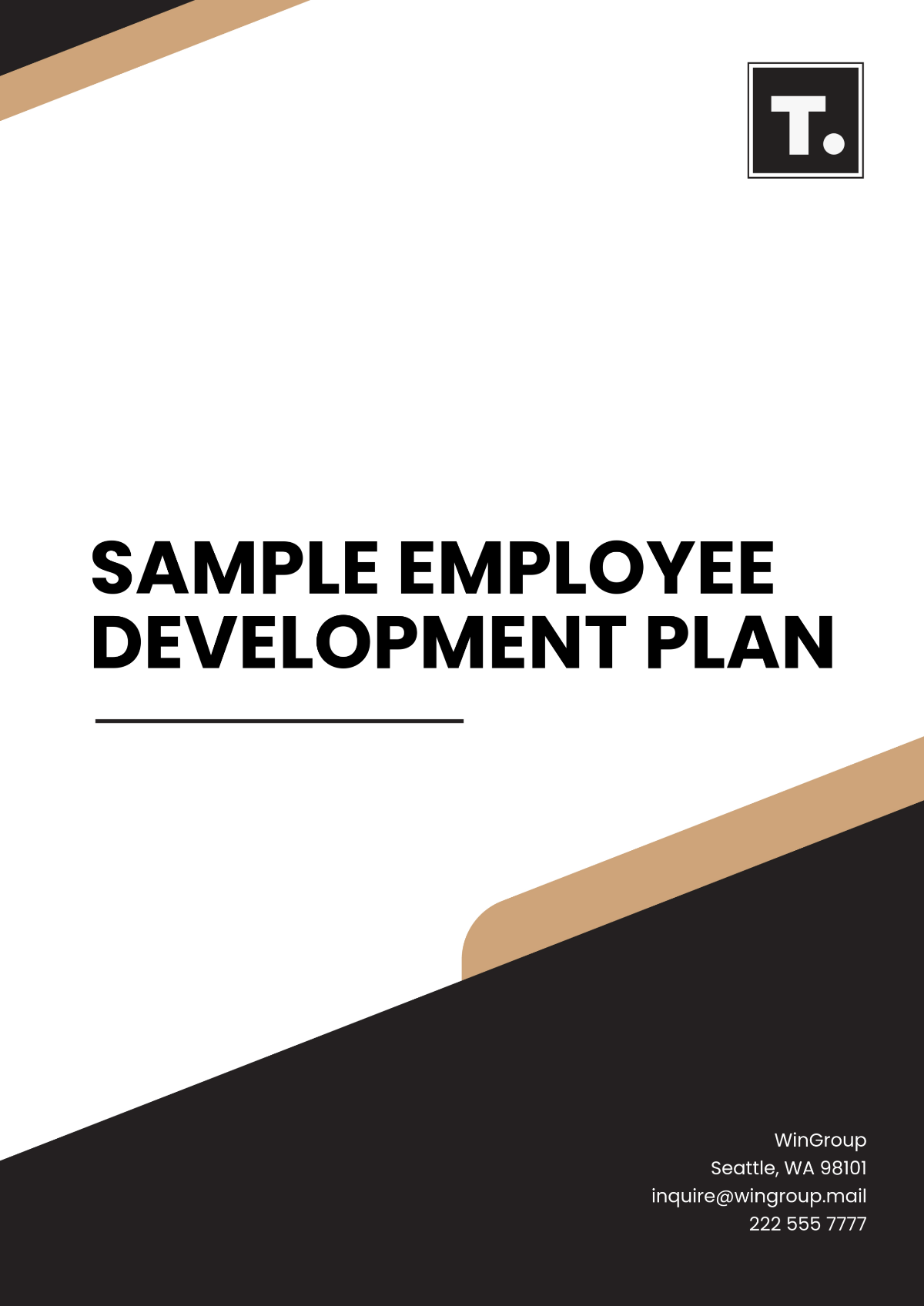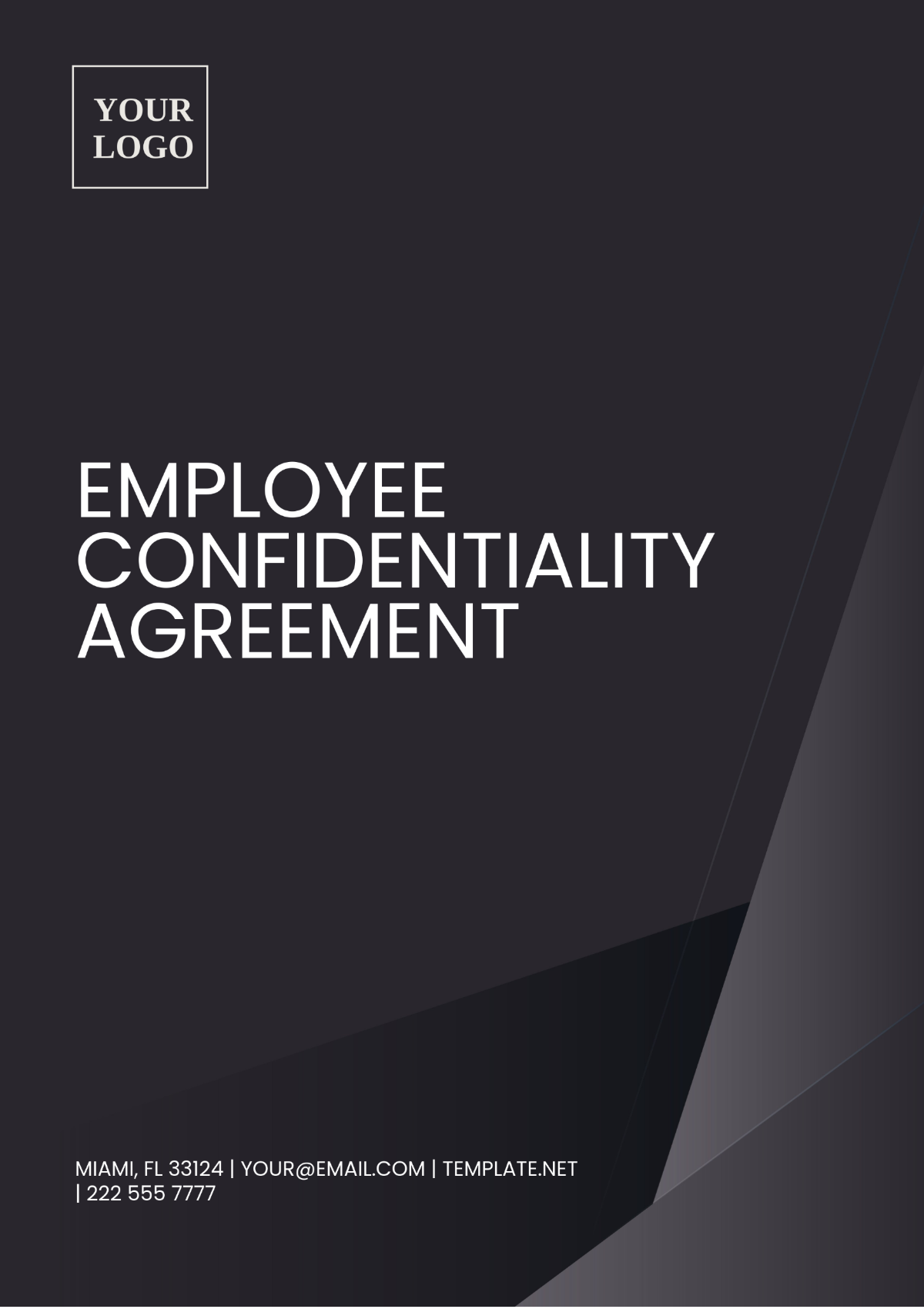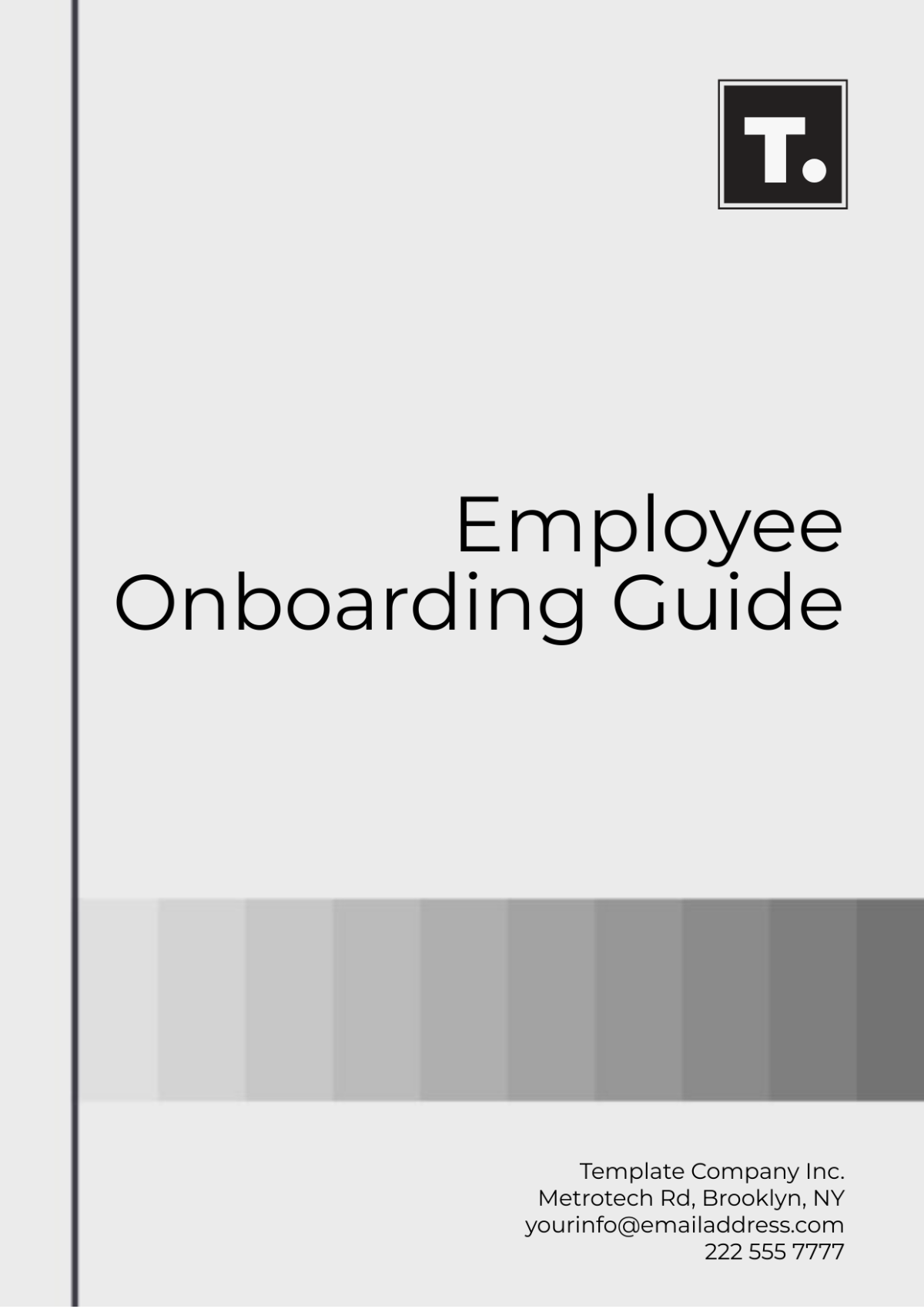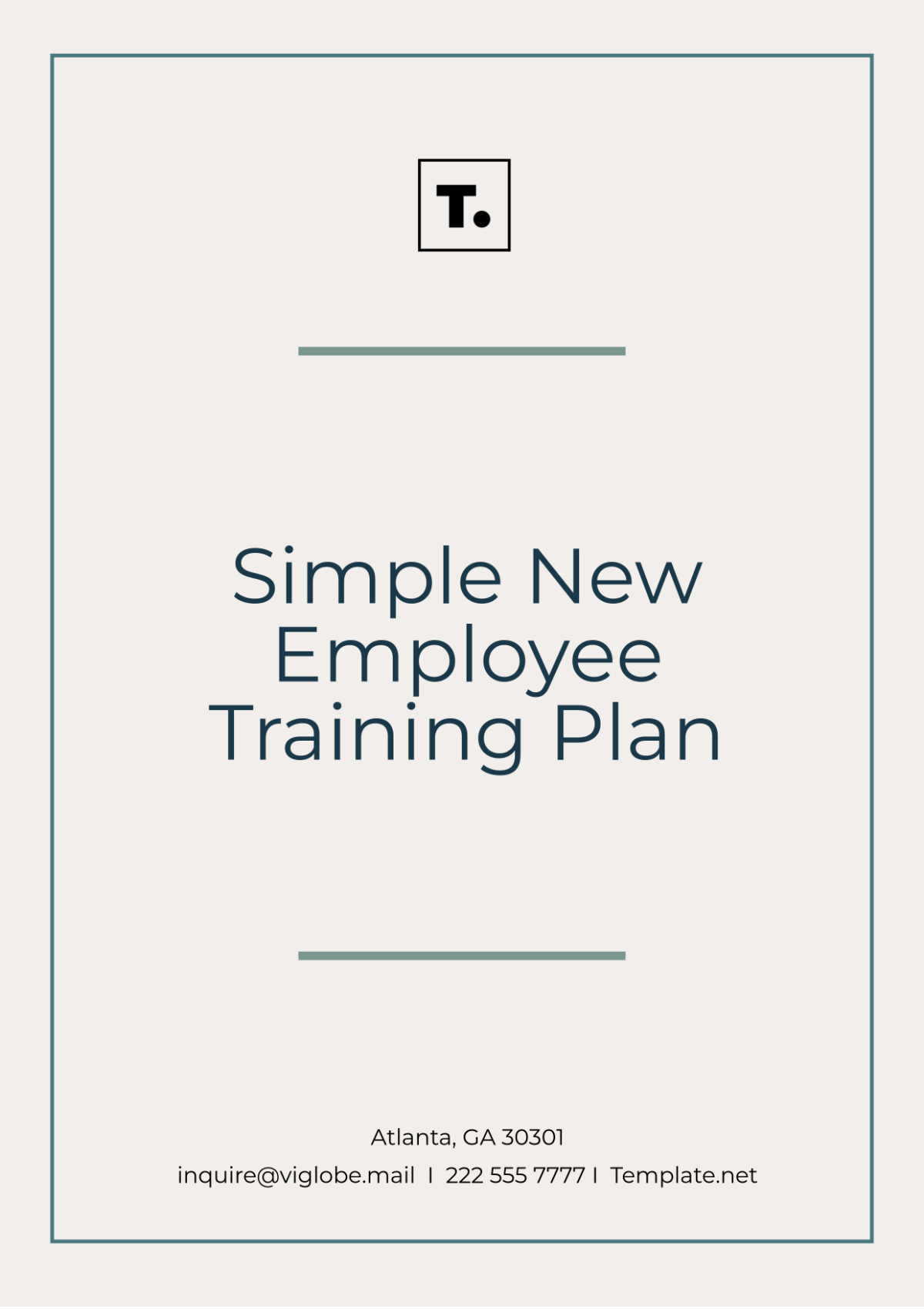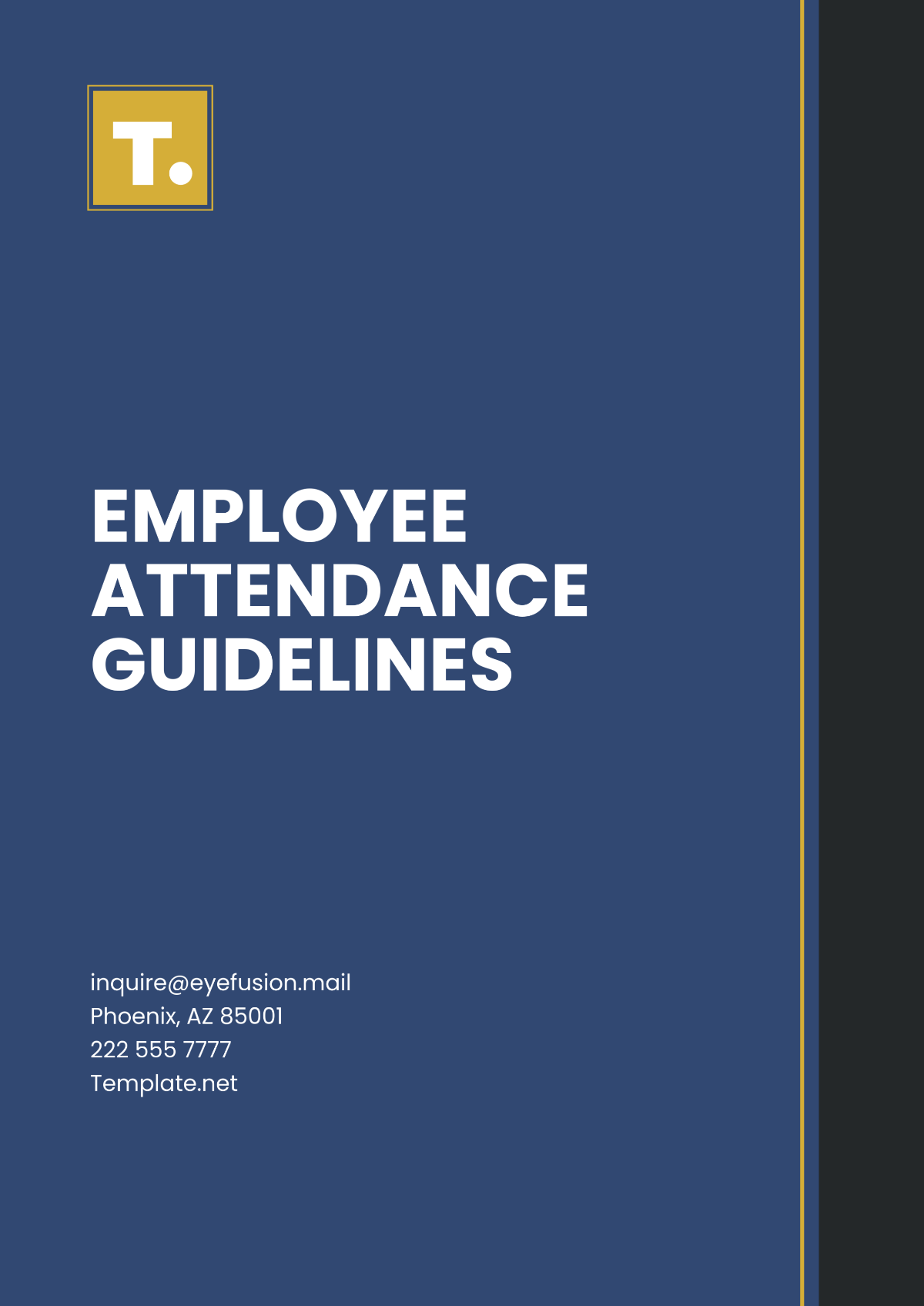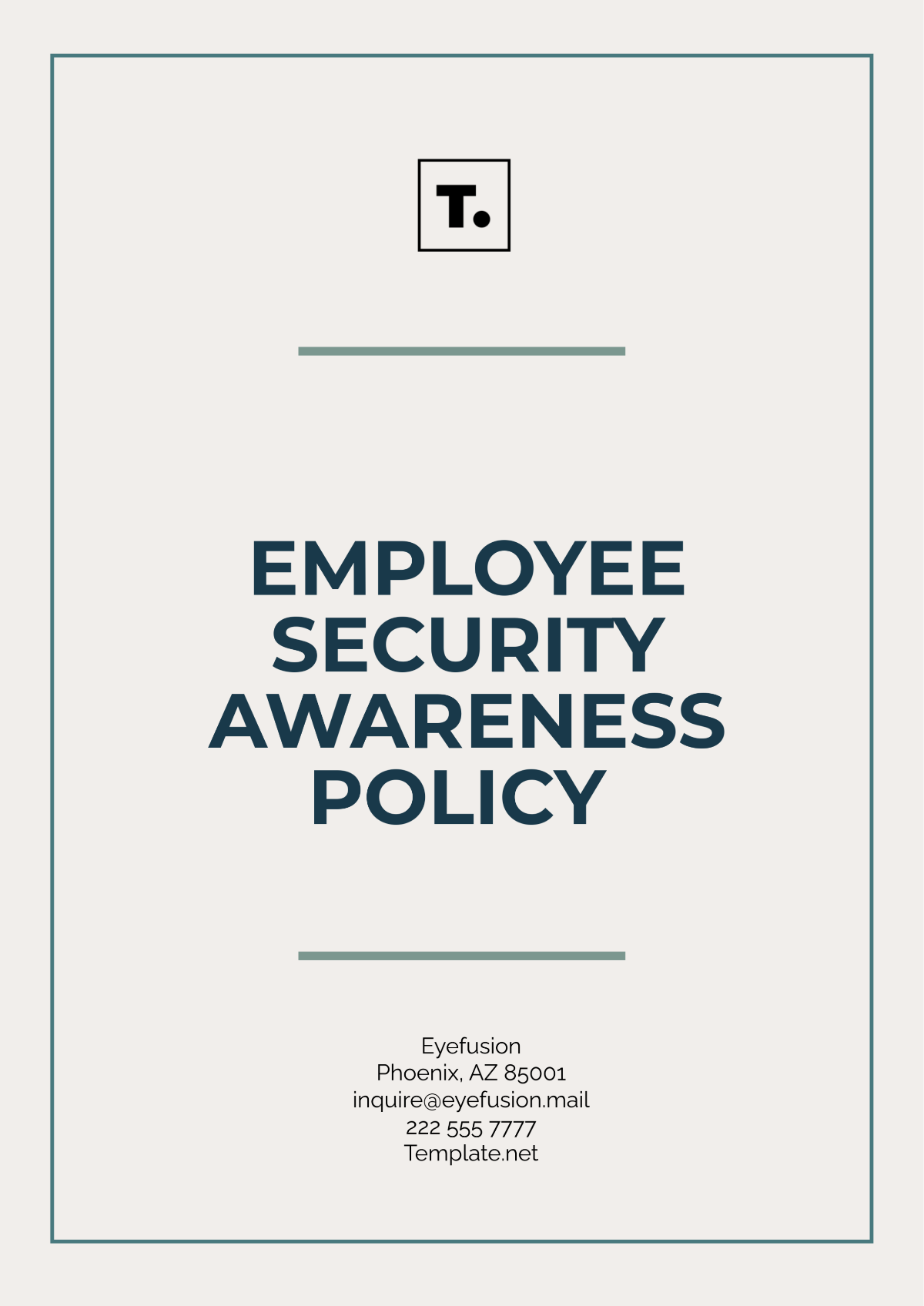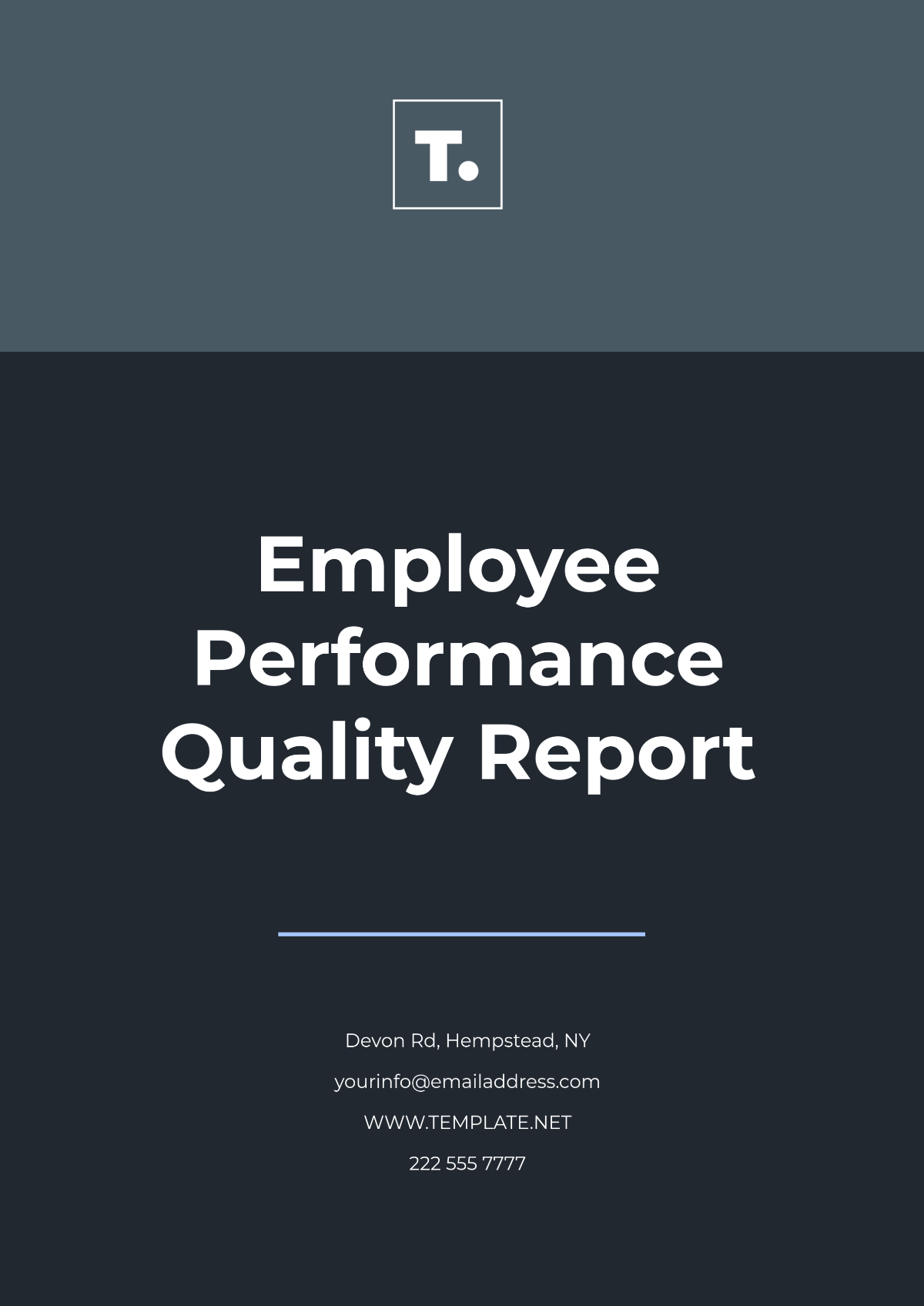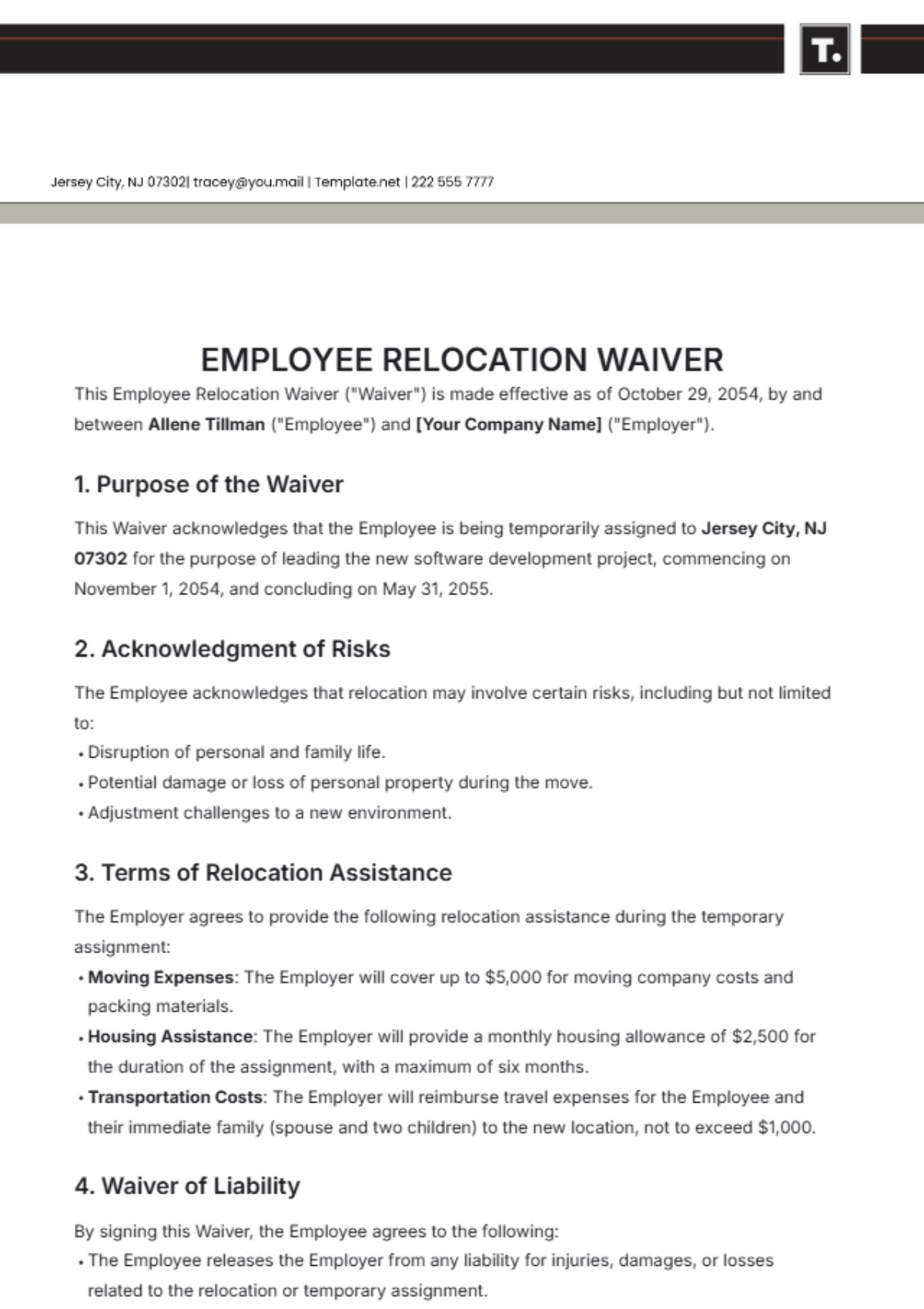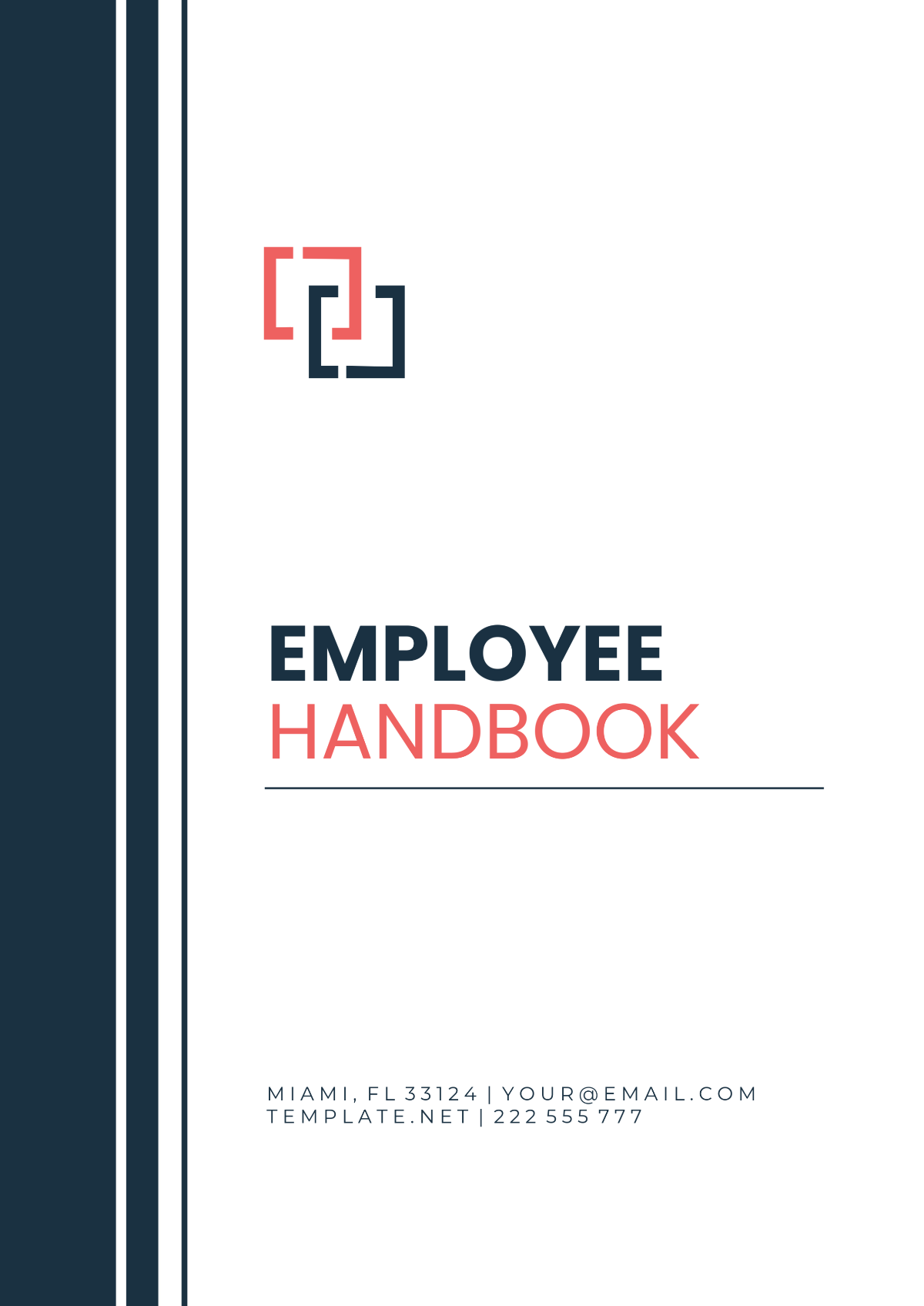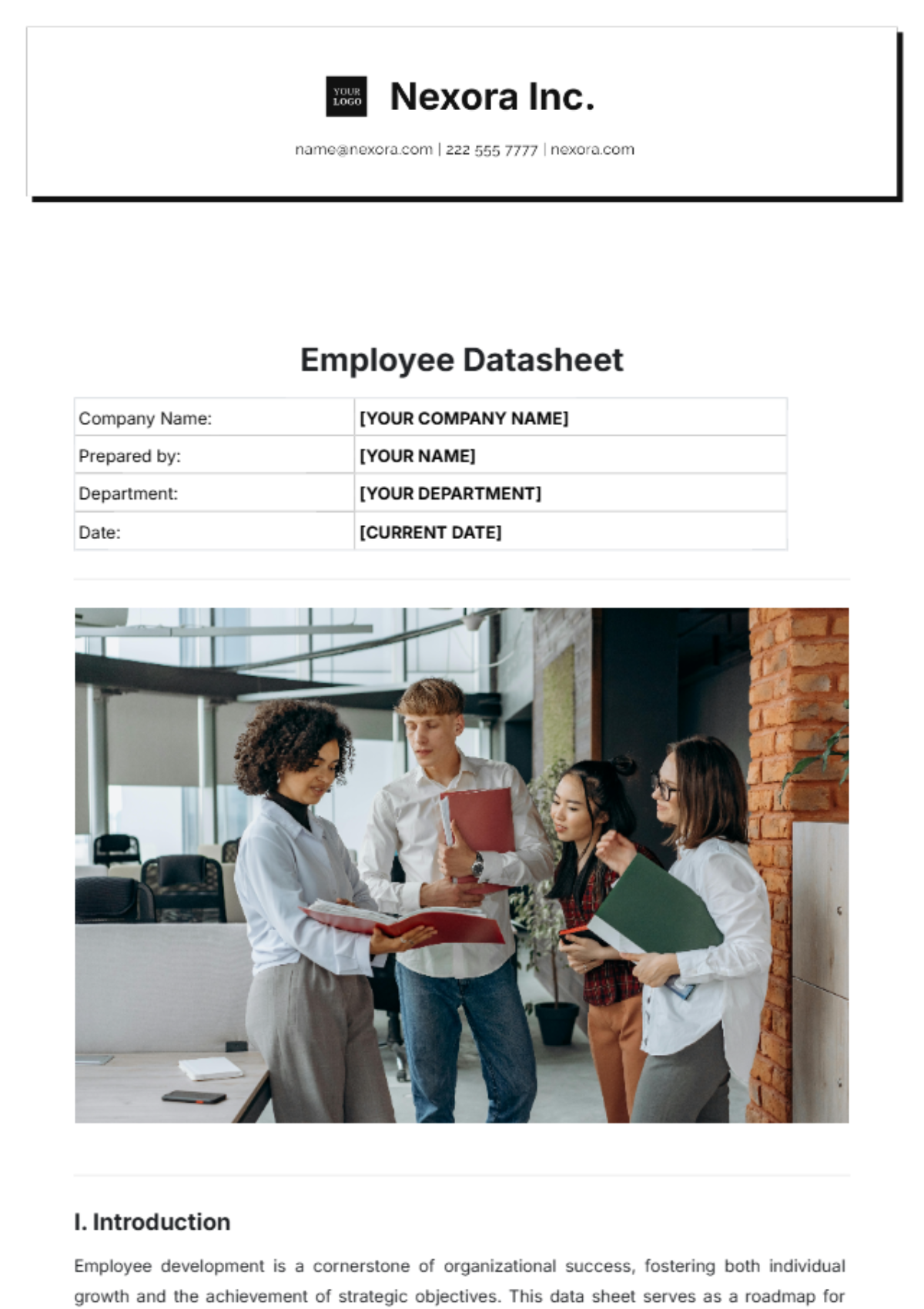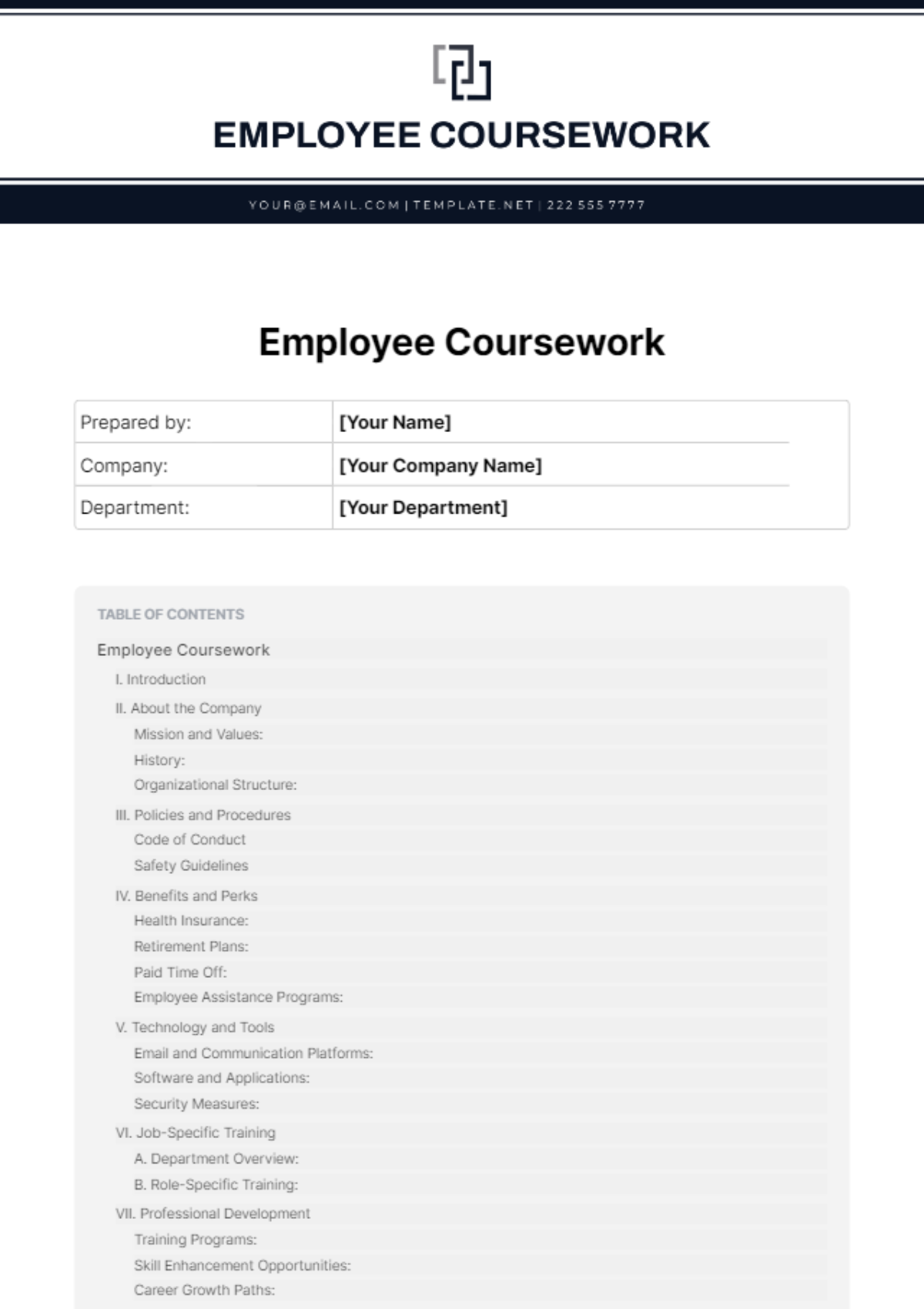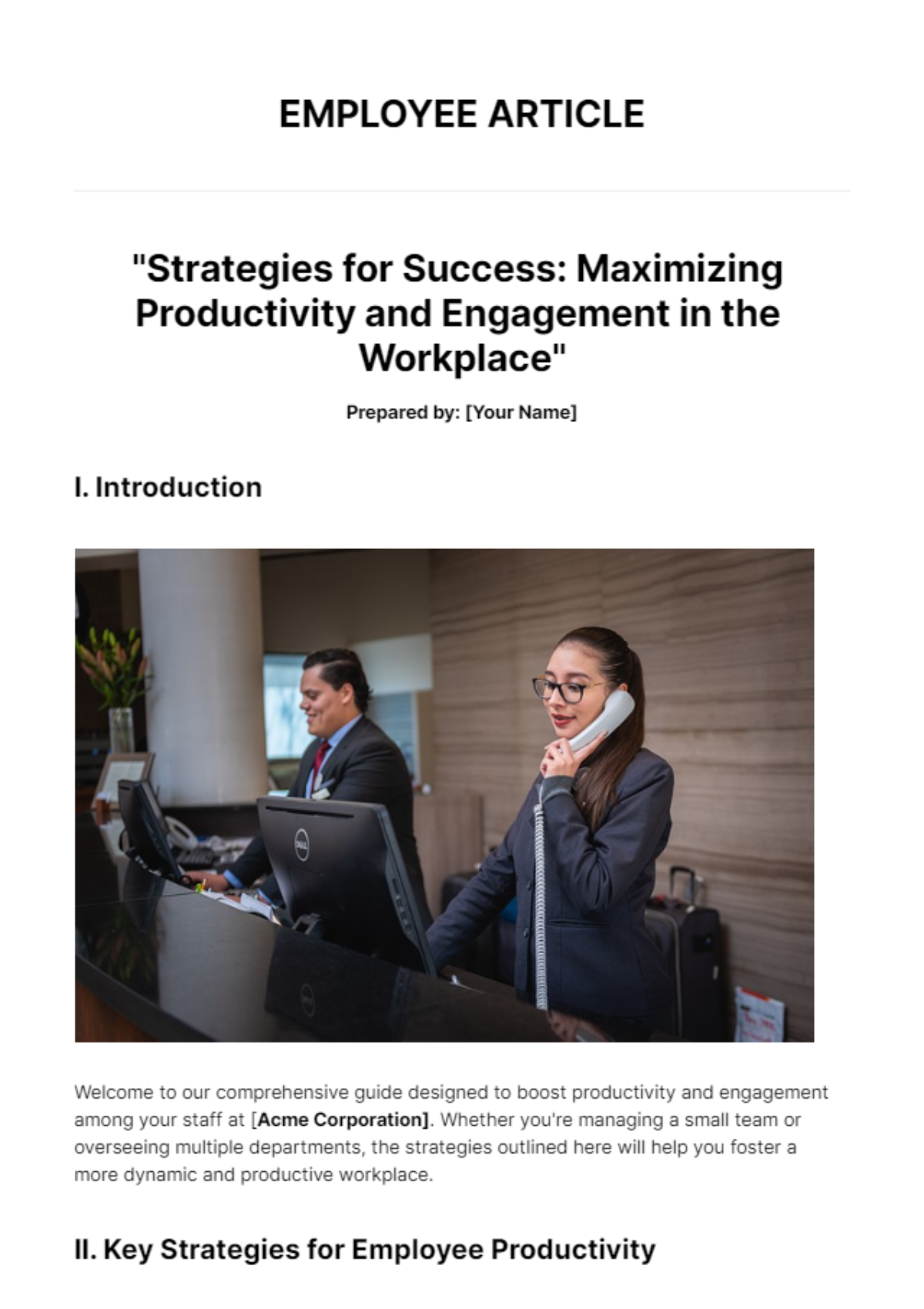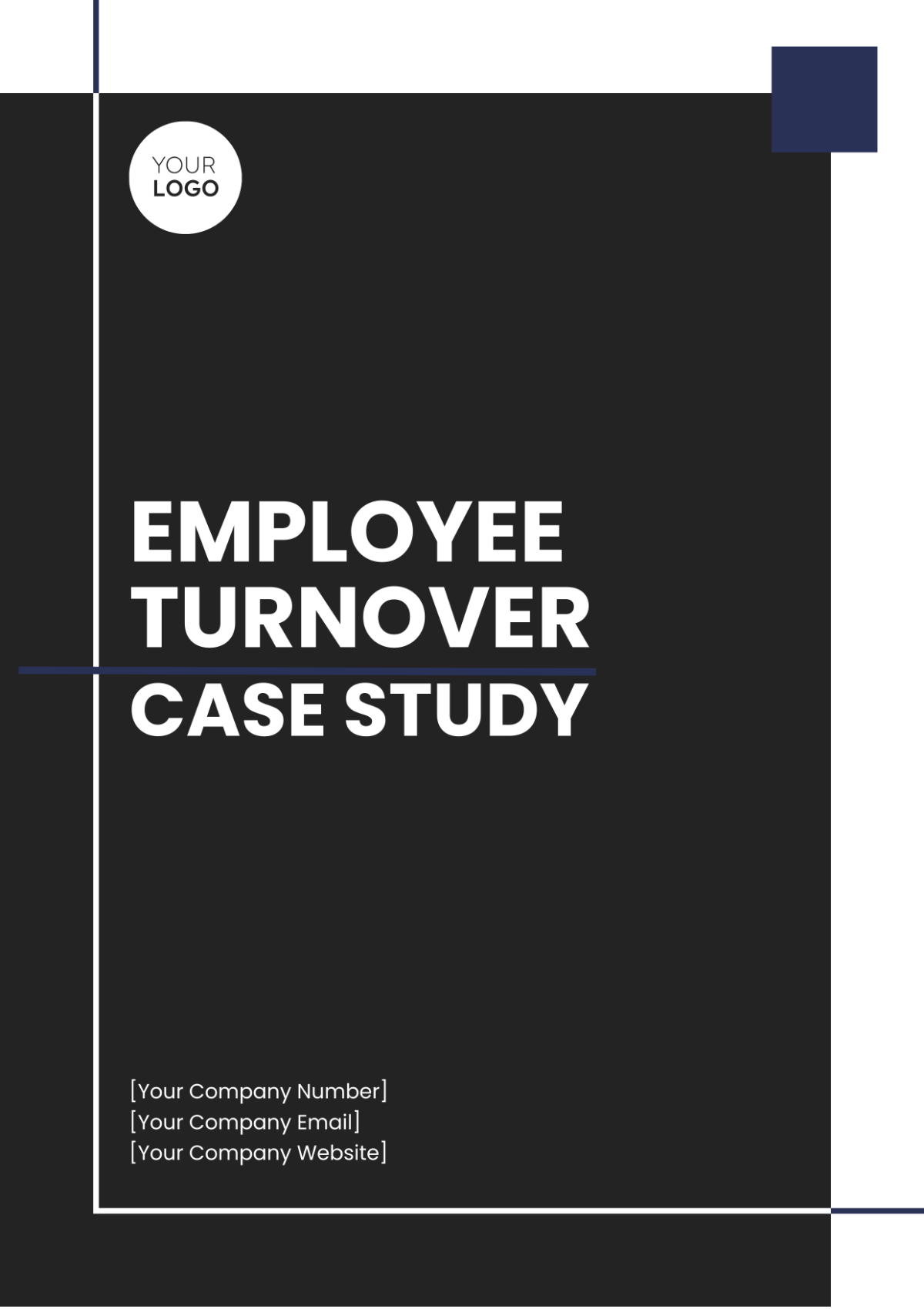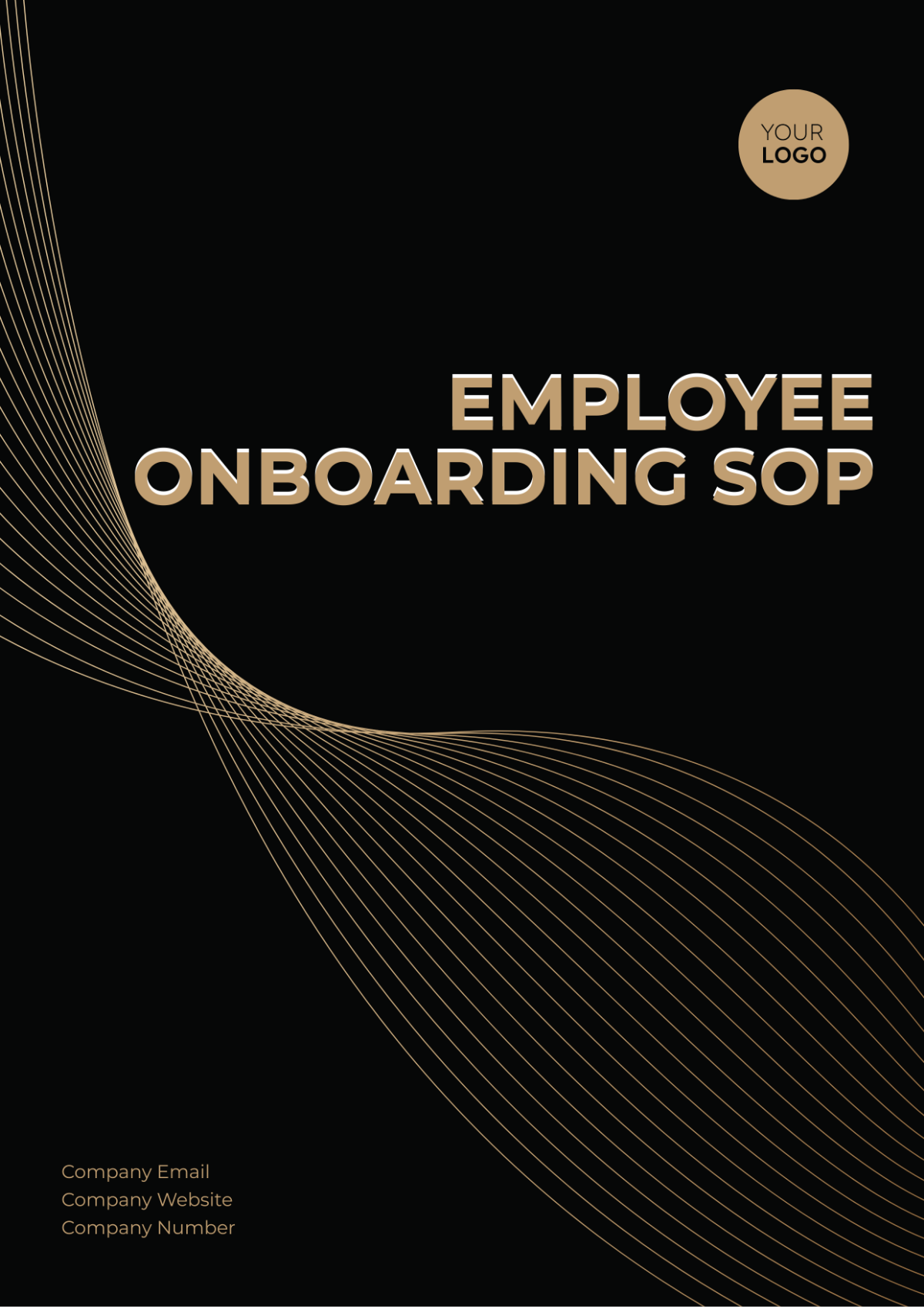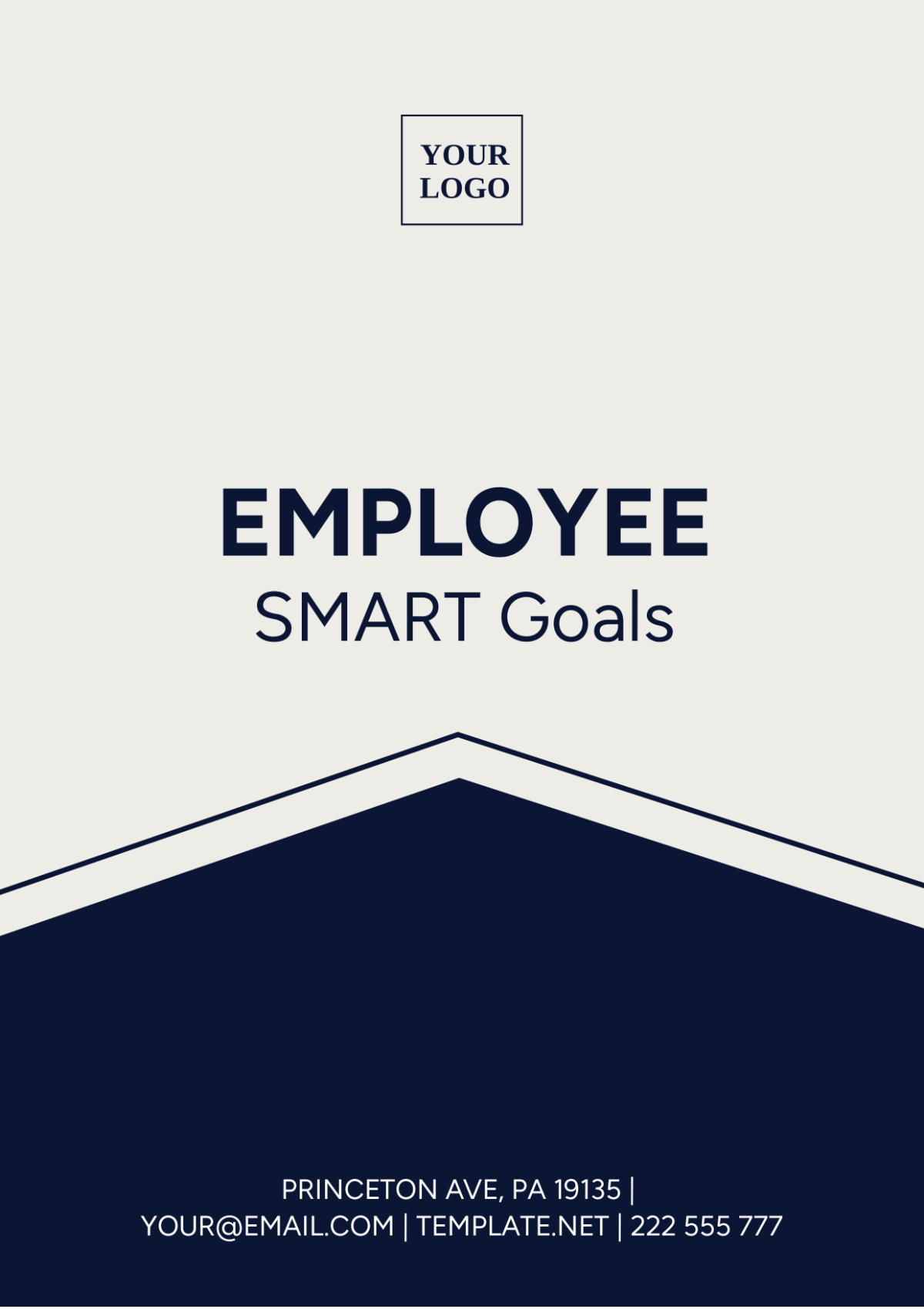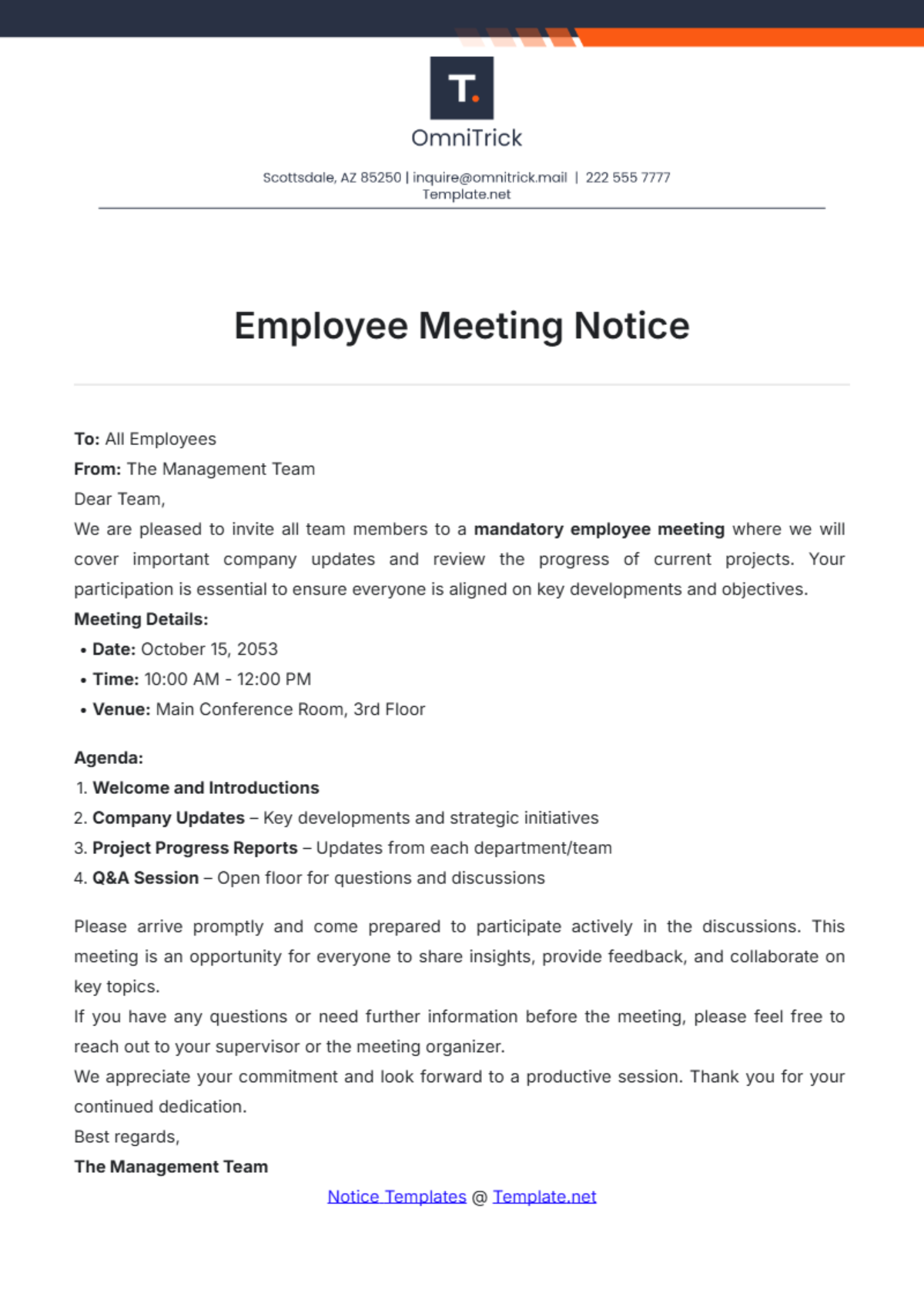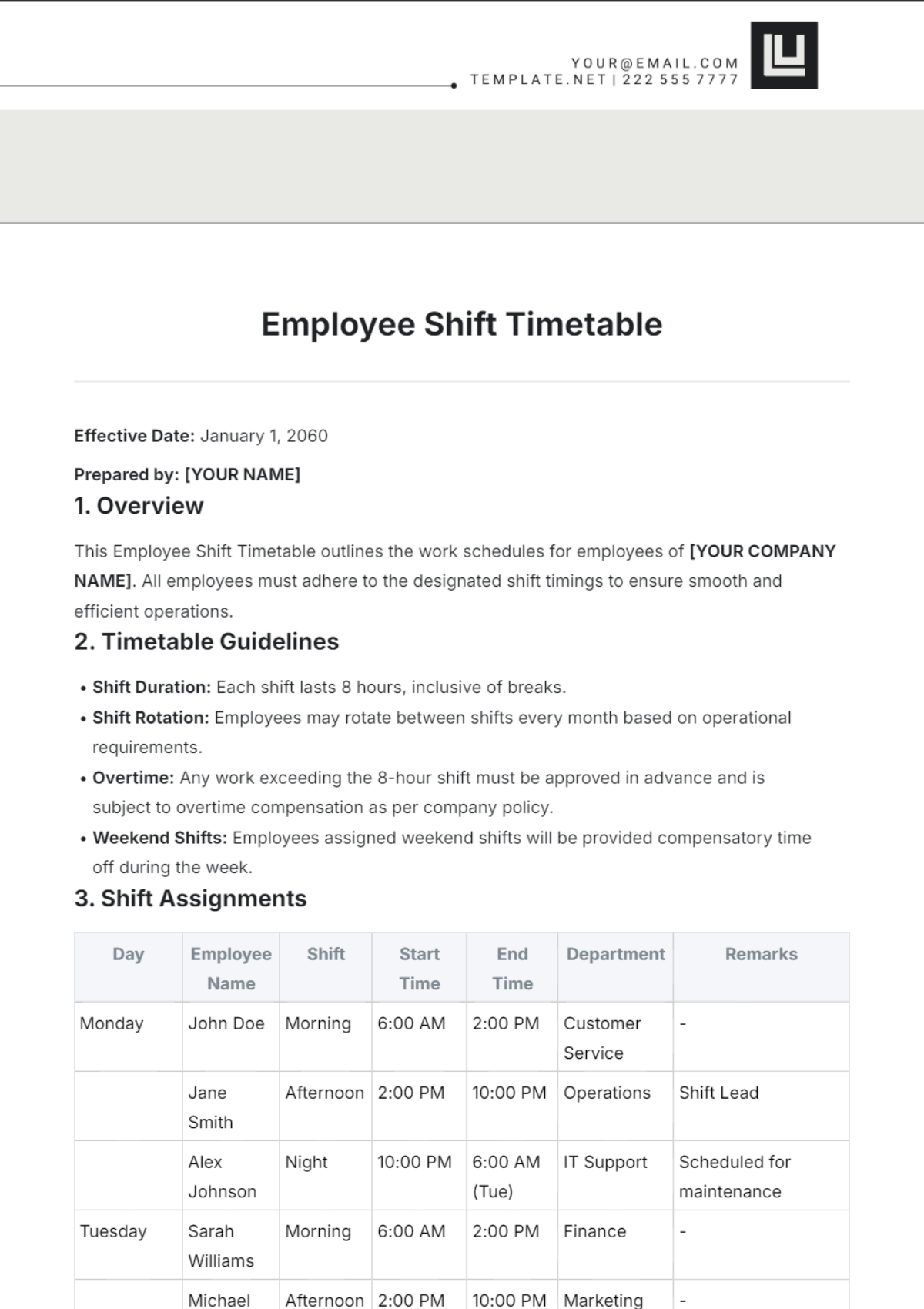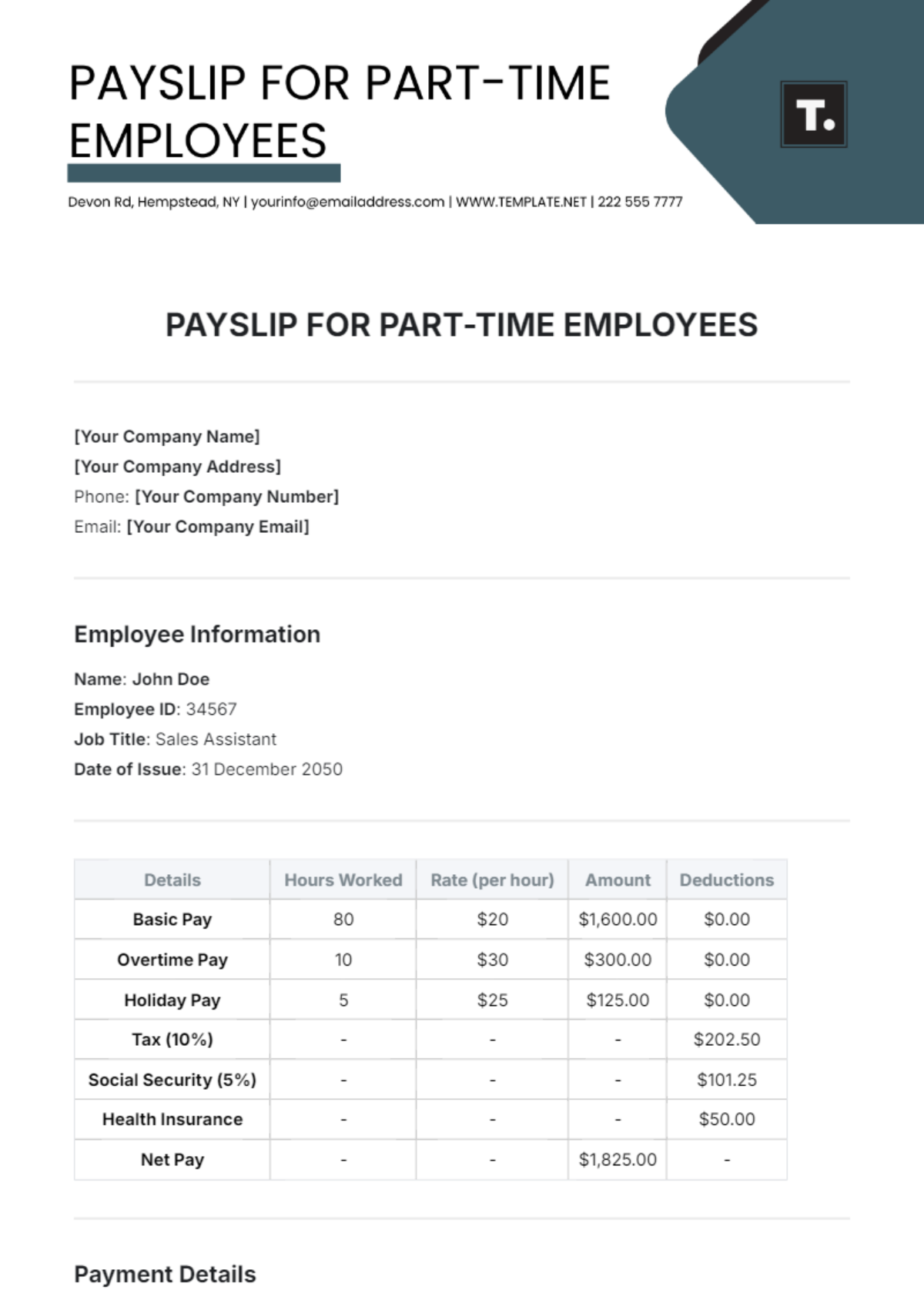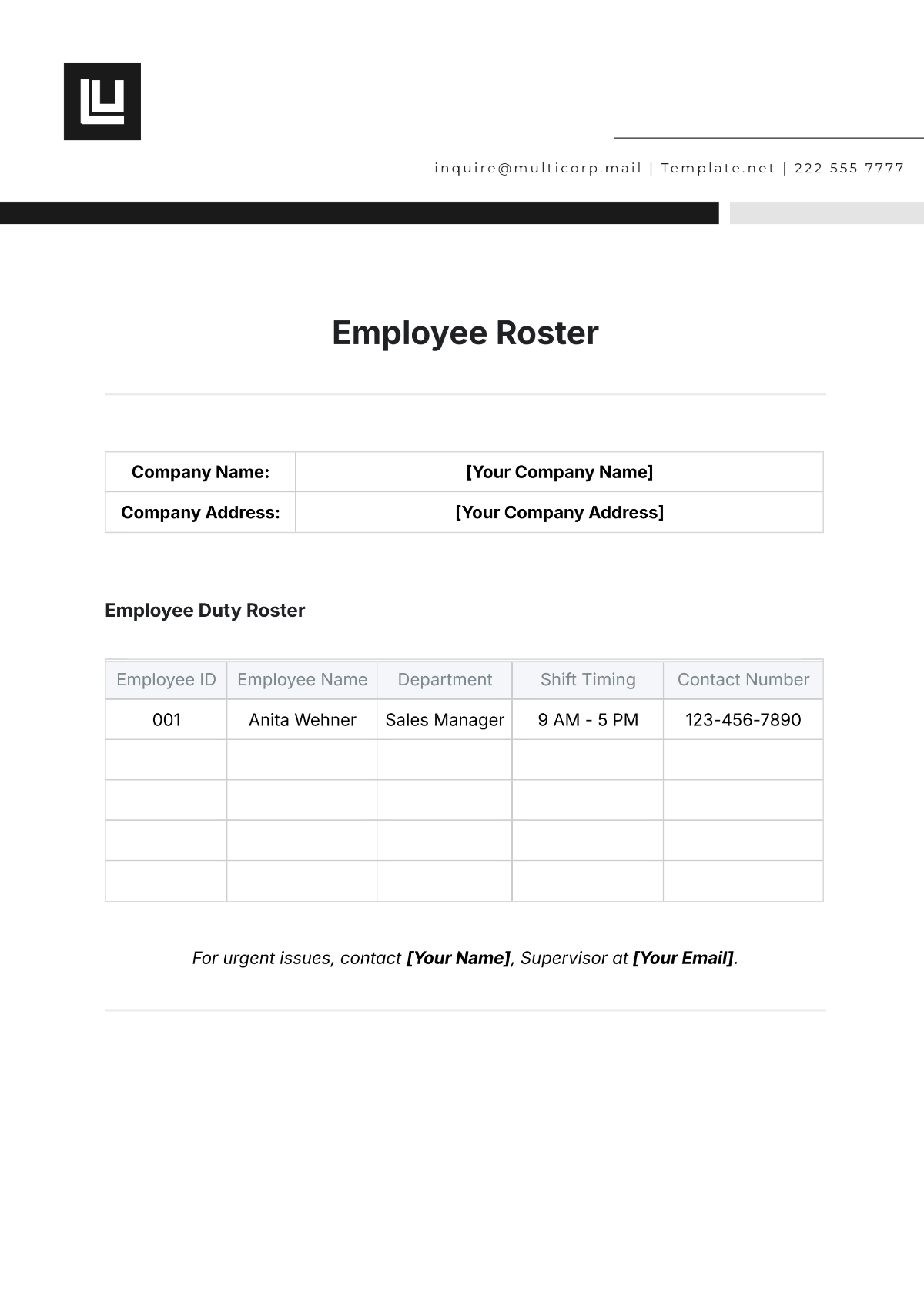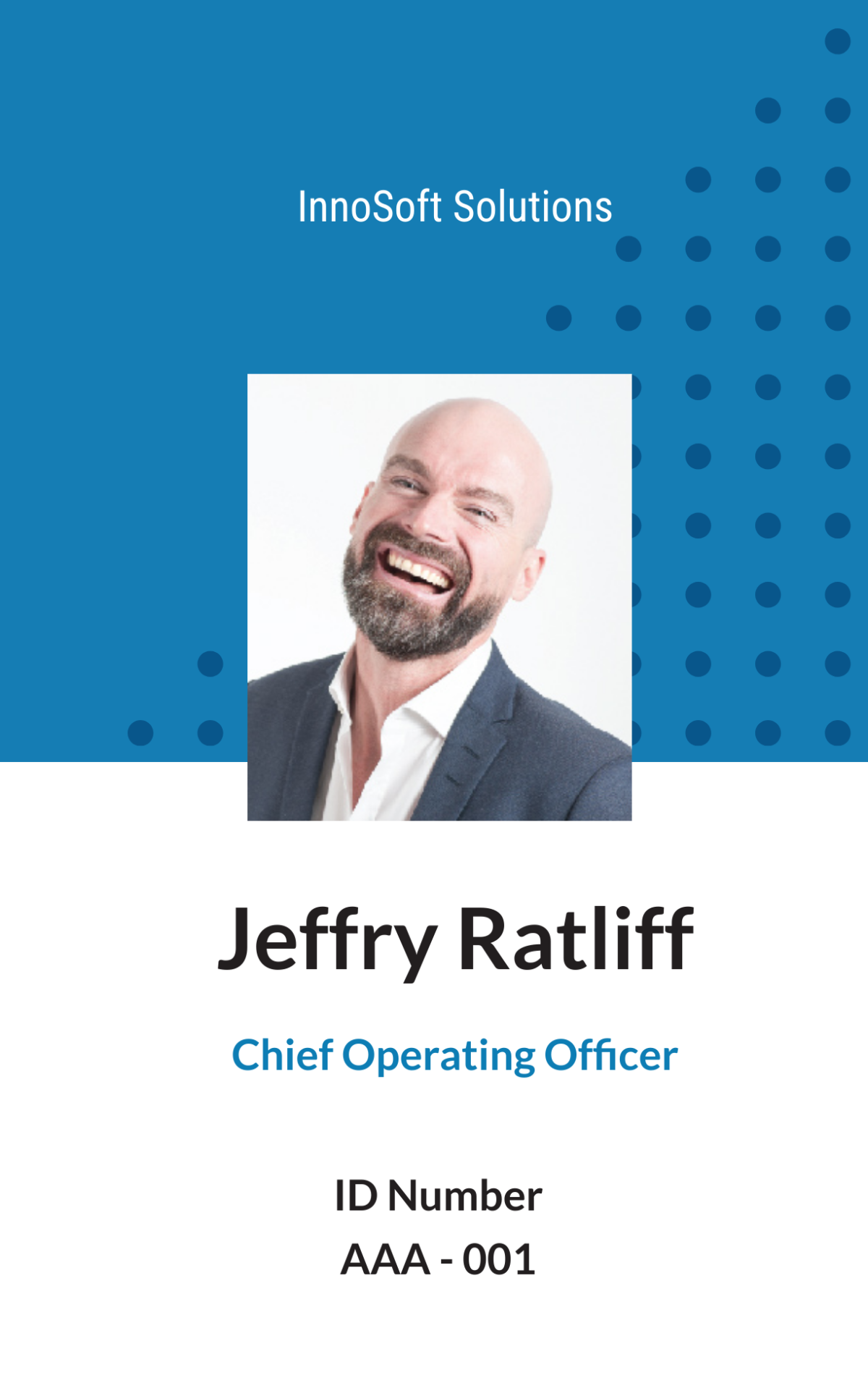Policy & Procedure for Employee Grievances and Complaints
TABLE OF CONTENTS
INTRODUCTION..............................................................................................................3
DEFINITIONS...................................................................................................................4
GRIEVANCE AND COMPLAINT HANDLING PROCEDURE...........................................4
REPORTING AND DOCUMENTATION............................................................................5
COMMUNICATION AND NOTIFICATIONS.....................................................................6
RESOLUTION AND FOLLOW-UP....................................................................................7
NON-RETALIATION.........................................................................................................8
EMPLOYEE SUPPORT AND REPRESENTATION...........................................................9
TRAINING AND AWARENESS.........................................................................................9
POLICY REVIEW AND EVALUATION............................................................................10
CONCLUSION................................................................................................................11
Document Version: 1.0 Effective Date: January 1, 2050
INTRODUCTION
Purpose
The purpose of this document is to create a framework that promotes a harmonious, equitable, and respectful work environment. We recognize that occasional concerns, disputes, or issues may arise in the workplace, and this policy is designed to provide clear guidance on how such matters will be addressed and resolved. Our ultimate aim is to enhance employee satisfaction, improve communication, and strengthen our commitment to a fair and inclusive workplace.
Scope
This policy applies to all employees, contractors, interns, consultants, and any individuals engaged with [Your Company Name] in a professional capacity. It encompasses a broad spectrum of workplace-related issues, including but not limited to matters concerning employment conditions, work relationships, harassment, discrimination, safety concerns, and any other factors affecting an employee's experience at the company.
Policy Statement
At [Your Company Name], we believe that every employee's voice matters, and we are dedicated to fostering a work environment where all concerns and complaints are taken seriously and resolved with fairness, impartiality, and sensitivity. This policy reinforces our commitment to:
● Encouraging open and honest communication.
● Promptly addressing and resolving grievances and complaints.
● Protecting employees from retaliation for reporting concerns.
● Continuously improving our workplace by learning from feedback and experiences.
● Upholding legal compliance and ethical standards in all our interactions.
We recognize that a proactive approach to addressing grievances and complaints not only strengthens our organizational culture but also contributes to employee well-being, engagement, and overall success.
DEFINITIONS
● Grievance: A grievance is defined as any expressed dissatisfaction, concern, or disagreement regarding the terms and conditions of employment, work assignments, work environment, or other employment-related matters. Grievances can be expressed informally or formally.
● Complaint: A complaint refers to a specific, documented expression of concern, dissatisfaction, or disagreement regarding any aspect of the workplace, including but not limited to issues related to discrimination, harassment, safety, ethics, or interpersonal conflicts. Complaints typically follow a formal process for resolution.
● Mediation: Mediation is a voluntary process where a neutral, trained third party facilitates discussions between parties involved in a grievance or complaint. The mediator helps them reach a mutually acceptable resolution and maintain or restore effective working relationships.
● Escalation: Escalation involves raising a grievance or complaint to a higher level of management or authority when initial attempts at resolution have not been successful. This process ensures that issues are addressed promptly and at the appropriate organizational level.
GRIEVANCE AND COMPLAINT HANDLING PROCEDURE
Informal Resolution
Employees are encouraged to attempt informal resolution by discussing concerns with their immediate supervisor or Human Resources. In this phase, open and honest dialogue is promoted to address issues swiftly. Supervisors are expected to actively listen, provide guidance, and work collaboratively with the employee to reach a resolution.
Formal Grievance Procedure
When an informal resolution is unsuccessful or the issue is of a more serious nature, employees may submit a formal written grievance to Human Resources, specifying the issue, desired resolution, and any supporting evidence. Upon receipt of a formal grievance, [Your Company Name] will initiate a formal investigation process. This may involve interviews with relevant parties, a review of pertinent documents, and any other necessary actions to understand the issue fully.
Mediation Process
Mediation may be initiated at the request of the employee or at the discretion of [Your Company Name]. A neutral mediator, who is trained in conflict resolution, will facilitate discussions between the concerned parties. The mediator's role is to encourage open communication, explore potential solutions, and guide the parties toward an amicable resolution. Mediation is a confidential process, and its outcome is non-binding.
Escalation to Senior Management
If a grievance or complaint remains unresolved after following the formal procedure and mediation, employees may choose to escalate the matter to senior management. Senior management will conduct a thorough review of the case, taking into consideration all available information and recommendations. Their decision will be communicated to the involved parties and will serve as the final resolution within the company.
REPORTING AND DOCUMENTATION
Filing a Grievance or Complain
Employees must report grievances or complaints promptly to their supervisor or Human Resources, using the designated forms or procedures provided by [Your Company Name]. To ensure transparency and efficiency, the company will make these reporting channels readily accessible and user-friendly. Timely reporting is essential for initiating a swift resolution process.
Investigation and Documentation
[Your Company Name] is committed to conducting impartial and thorough investigations into all grievances and complaints. Upon receipt of a formal grievance, an investigator or a designated team will be assigned to the case. This investigation may involve interviews with all relevant parties, the collection of documentary evidence, and the examination of any related policies or procedures. All aspects of the investigation will be documented carefully and maintained confidentially.
Throughout the investigation, the employee filing the grievance or complaint will be kept informed of the progress and will have the opportunity to provide additional information or witnesses. Upon concluding the investigation, a formal report will be generated, summarizing the findings, and will serve as the basis for determining the appropriate resolution.
Confidentiality
Confidentiality will be maintained throughout the grievance and complaint resolution process to protect the privacy of all parties involved. All individuals involved in the process, including those conducting investigations, HR personnel, supervisors, and mediators, will adhere strictly to confidentiality requirements. Unauthorized disclosure of information related to grievances or complaints is strictly prohibited and may result in disciplinary action.
COMMUNICATION AND NOTIFICATIONS
Initial Acknowledgment
Upon receipt of a formal grievance or complaint, [Your Company Name] will promptly acknowledge the receipt in writing to the employee filing the grievance. This acknowledgment will include an approximate timeline for the resolution process and contact information for inquiries.
Regular Updates
Throughout the grievance or complaint resolution process, regular updates will be provided to the involved parties. These updates will include the status of the investigation or mediation, expected timelines for resolution, and any changes to the process.
Final Outcome Notification
Upon reaching a resolution, [Your Company Name] will formally communicate the outcome to the employee who filed the grievance or complaint. This communication will include a summary of the findings, the actions taken, and any further steps required.
Communication Channels
COMMUNICATION CHANNEL | DESCRIPTION |
Emails will be the primary mode of communication for sending formal notifications, updates, and documentation to the involved parties. | |
Written Communication | Formal written correspondence may be used to convey important information, including acknowledgment of the grievance, investigation findings, and resolution outcomes. |
In-Person Meetings | Face-to-face meetings may be arranged, especially during mediation or when sensitive discussions are necessary. These meetings will be scheduled at mutually agreeable times and locations. |
Telephone Calls | Telephone calls may be used for urgent matters, clarification, or to schedule meetings. They will be conducted professionally and respectfully. |
Online Portals | [Your Company Name] may employ secure online portals or intranet systems where employees can access updates, view progress, and retrieve relevant documents pertaining to their grievances or complaints. |
Mobile Applications | Mobile applications may be used to send push notifications, alerts, or updates to involved parties, providing convenient access to information. |
HR Liaison | A designated Human Resources liaison may be assigned to communicate directly with employees involved in the grievance or complaint process, offering guidance and addressing queries. |
Postal Mail | In exceptional cases where postal mail is deemed necessary, [Your Company Name] will use this channel to send formal communication, ensuring that confidentiality is maintained. |
[Your Company Name] will select the most appropriate communication channel based on the nature of the grievance or complaint, the preferences of the involved parties, and the urgency of the situation. Regular and clear communication is paramount to ensuring that all parties are kept well-informed throughout the resolution process.
RESOLUTION AND FOLLOW-UP
Resolution Timeline
[Your Company Name] is committed to resolving grievances and complaints within a reasonable timeframe. The specific timeline for resolution may vary depending on the complexity of the issue, the availability of information, and the nature of the grievance or complaint. However, the company will make every effort to resolve issues promptly and efficiently.
Appeal Process
In the event that the employee is dissatisfied with the resolution of their grievance or complaint, they have the right to initiate an appeal. The appeal process allows for a comprehensive review of the case by an independent panel or individual not involved in the initial investigation or resolution. The appealing party must submit a written request for appeal, outlining the reasons for their disagreement with the initial resolution.
The appeal process will have the following highlights:
● Appointment of an Appeals Officer: [Your Company Name] will appoint a neutral party, often a senior manager or an individual with expertise in conflict resolution, as the Appeals Officer.
● Review of Case Materials: The Appeals Officer will review all documentation, evidence, and findings related to the grievance or complaint.
● Appeals Hearing: If deemed necessary, an appeals hearing may be conducted to allow the appealing party to present their case, and the company representatives to respond. All parties involved will have the opportunity to provide witnesses and additional evidence.
● Appeals Decision: The Appeals Officer will render a decision based on the information presented, and this decision will be final. The decision will be communicated in writing to the appealing party and the other parties involved.
Continuous Improvement
[Your Company Name] is committed to continuously improving its grievance and complaint resolution process. Feedback from employees, as well as data on the resolution of grievances and complaints, will be analyzed regularly to identify areas for enhancement. This ongoing evaluation ensures that the company remains responsive to the needs of its workforce and maintains a fair and effective resolution process.
NON-RETALIATION
Protection from Retaliation
[Your Company Name] is dedicated to protecting employees from any form of retaliation for filing a grievance or complaint, participating in investigations, or exercising their rights under this policy. Retaliation includes, but is not limited to, adverse employment actions such as termination, demotion, harassment, or other discriminatory treatment.
Reporting Retaliation
Employees who believe they have experienced retaliation as a result of their involvement in the grievance or complaint process are encouraged to report it immediately to Human Resources or another designated authority. [Your Company Name] takes allegations of retaliation seriously and will investigate such claims promptly and impartially.
EMPLOYEE SUPPORT AND REPRESENTATION
Access to Support
In the event of a grievance or complaint, [Your Company Name] recognizes the importance of providing employees with access to necessary support mechanisms. Employees have the right to seek guidance and support from a variety of sources, including but not limited to:
● Company Designated Support: [Your Company Name] will designate specific individuals within the organization, such as HR personnel or designated counselors, who can provide guidance, clarification, and support to employees navigating the grievance and complaint process.
● Legal Representation: Employees have the option to seek legal counsel or representation of their choosing if they wish to do so. [Your Company Name] acknowledges this right and will respect the employee's decision to have legal representation throughout the process.
Confidentiality of Representatives
[Your Company Name] recognizes the importance of maintaining the confidentiality and privacy of all parties involved in the grievance and complaint process, including any representatives chosen by the involved parties. Any representatives, such as legal counsel or advocates, must adhere to the same confidentiality requirements as outlined in this policy.
Additionally, the company will facilitate clear communication between the involved parties and their chosen representatives to ensure that the resolution process proceeds effectively while safeguarding the privacy and dignity of all individuals involved.
TRAINING AND AWARENESS
Employee Training
[Your Company Name] is committed to ensuring that all employees are well-informed about the grievance and complaint procedure. To this end, the company will provide comprehensive training and awareness programs that cover the following aspects:
● Policy Overview: Employees will receive training on the grievance and complaint policy, including an explanation of their rights and responsibilities when filing or responding to a grievance or complaint.
● Reporting Process: Training will include guidance on how to report grievances and complaints, emphasizing the importance of timely and accurate reporting.
● Confidentiality: Employees will be educated on the strict confidentiality requirements of the grievance and complaint process to maintain the privacy and security of all parties involved.
● Support Resources: Information on the available support resources, including internal company support and external legal representation, will be provided.
Manager Training
Supervisors and managers play a pivotal role in the grievance and complaint process. Therefore, [Your Company Name] will provide specialized training to these individuals to equip them with the skills and knowledge necessary to effectively handle employee concerns. Managerial training will encompass:
● Conflict Resolution: Supervisors and managers will receive training on effective conflict resolution techniques to facilitate discussions and resolutions within their teams.
● Confidentiality and Sensitivity: Training will emphasize the importance of maintaining confidentiality and handling complaints with sensitivity to protect the privacy and dignity of all parties.
● Reporting and Escalation: Managers will be educated on the proper procedures for reporting and escalating grievances and complaints to ensure that issues are addressed promptly and fairly.
POLICY REVIEW AND EVALUATION
Periodic Review
To maintain the effectiveness and relevance of our Employee Grievances and Complaints Policy and Procedure, [Your Company Name] will conduct a comprehensive review at regular intervals. This review will take place at least once every two years to ensure that the policy aligns with evolving legal requirements and industry standards. Additionally, any feedback received from employees, managers, or other stakeholders will be considered during this evaluation.
Evaluation and Feedback
[Your Company Name] values the input of its employees and recognizes the importance of ongoing improvement in our grievance and complaint resolution processes. To facilitate this, we encourage all employees to provide feedback on their experiences with the policy. Suggestions for improvements, concerns, or areas of excellence can be submitted through an anonymous suggestion box or [Your Company Email].
Feedback will be diligently reviewed, and appropriate actions will be taken to address concerns and implement improvements as warranted. This collaborative approach ensures that our grievance and complaint resolution procedures remain responsive to the needs and expectations of our workforce.
CONCLUSION
This comprehensive Employee Grievances and Complaints Policy and Procedure reflects [Your Company Name]'s unwavering commitment to fostering a work environment that is respectful, equitable, and responsive to the concerns of our employees. We believe that open communication and fair resolution mechanisms are the cornerstones of a positive workplace culture.
By expanding upon and enhancing this policy, we aim to empower employees to voice their grievances and complaints confidently, knowing that their concerns will be addressed with integrity and thoroughness. Our commitment to continuous improvement ensures that we evolve alongside the changing landscape of employment standards and best practices.
At [Your Company Name], we believe that a culture of transparency and accountability strengthens our organization and reinforces our dedication to providing a workplace where every employee can thrive. We look forward to your active participation in this process, as together, we create an even more inclusive and harmonious workplace for all.
